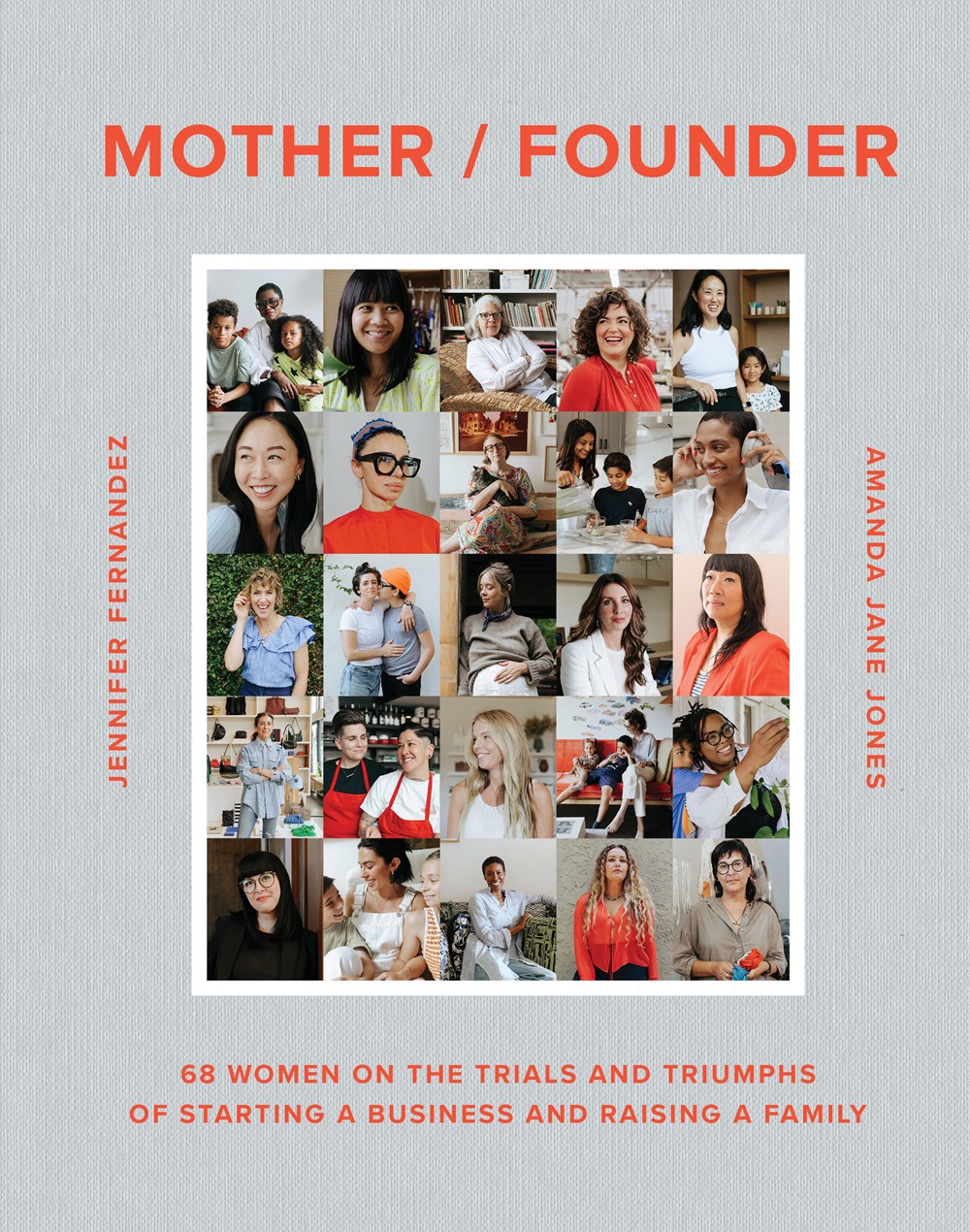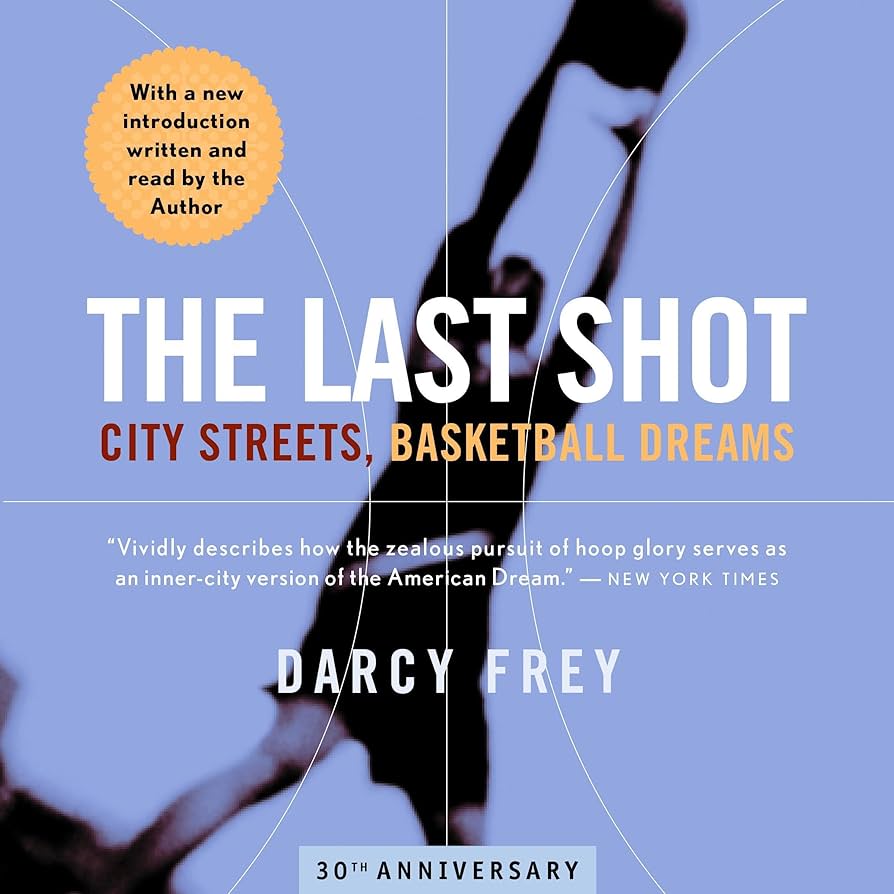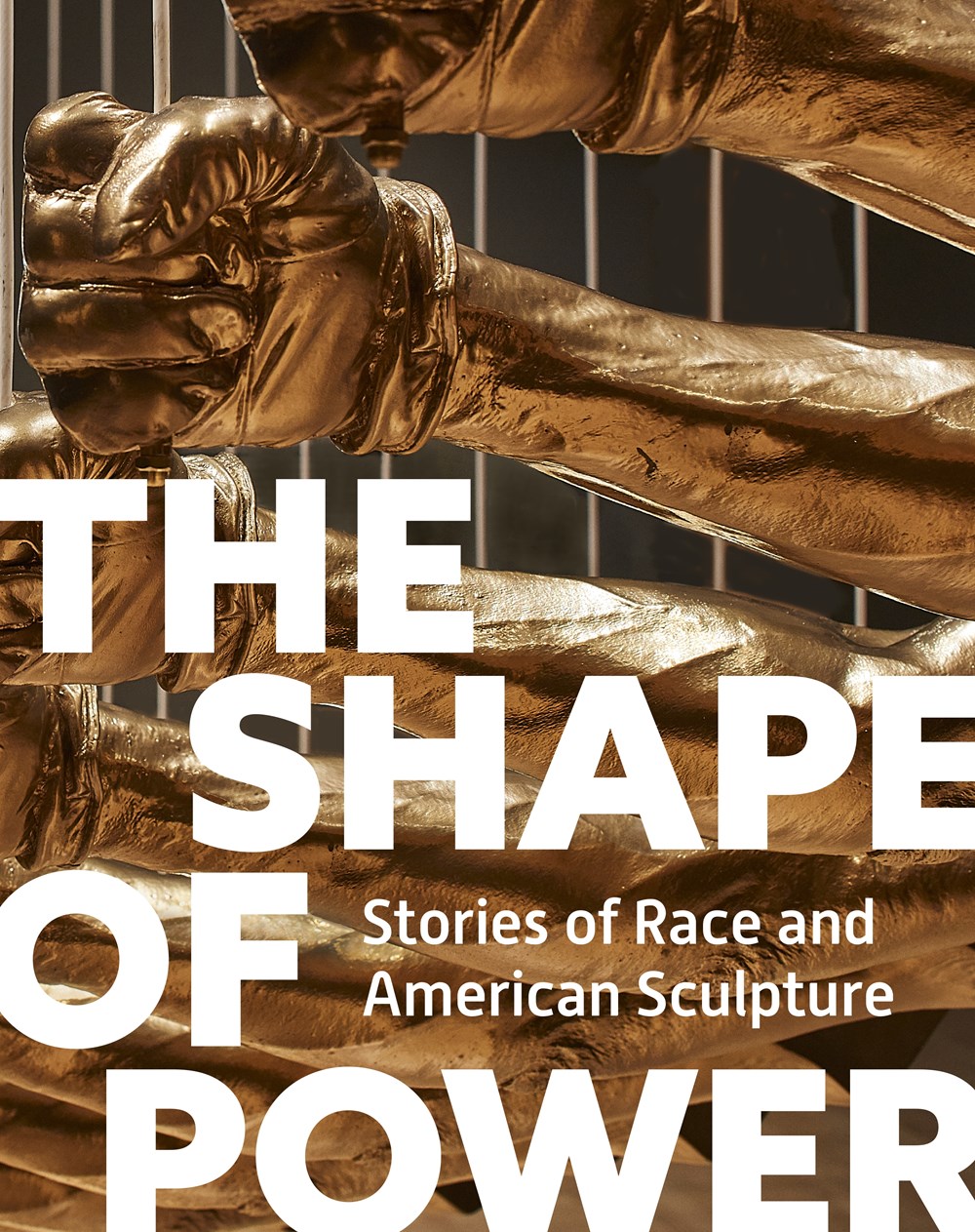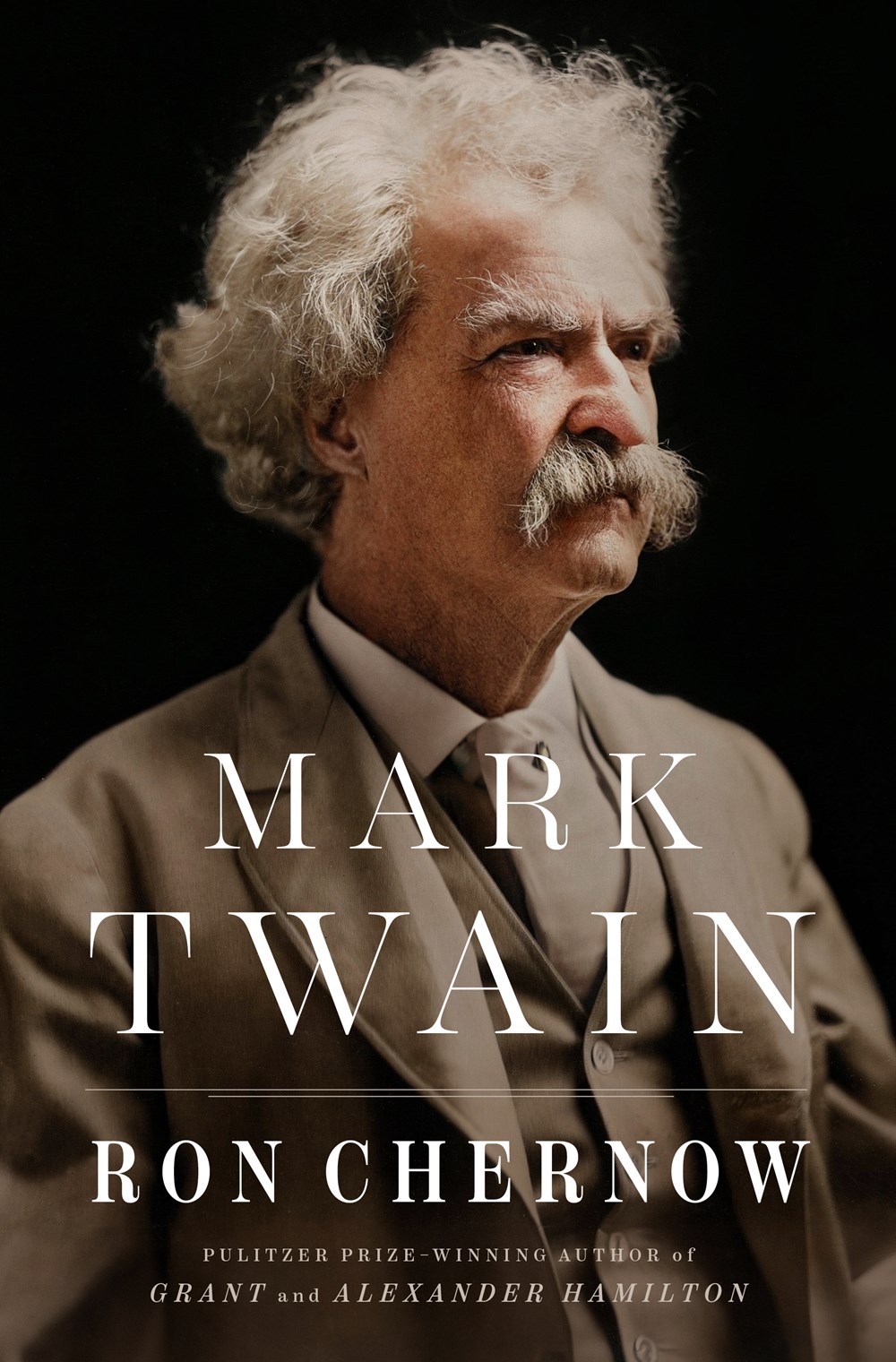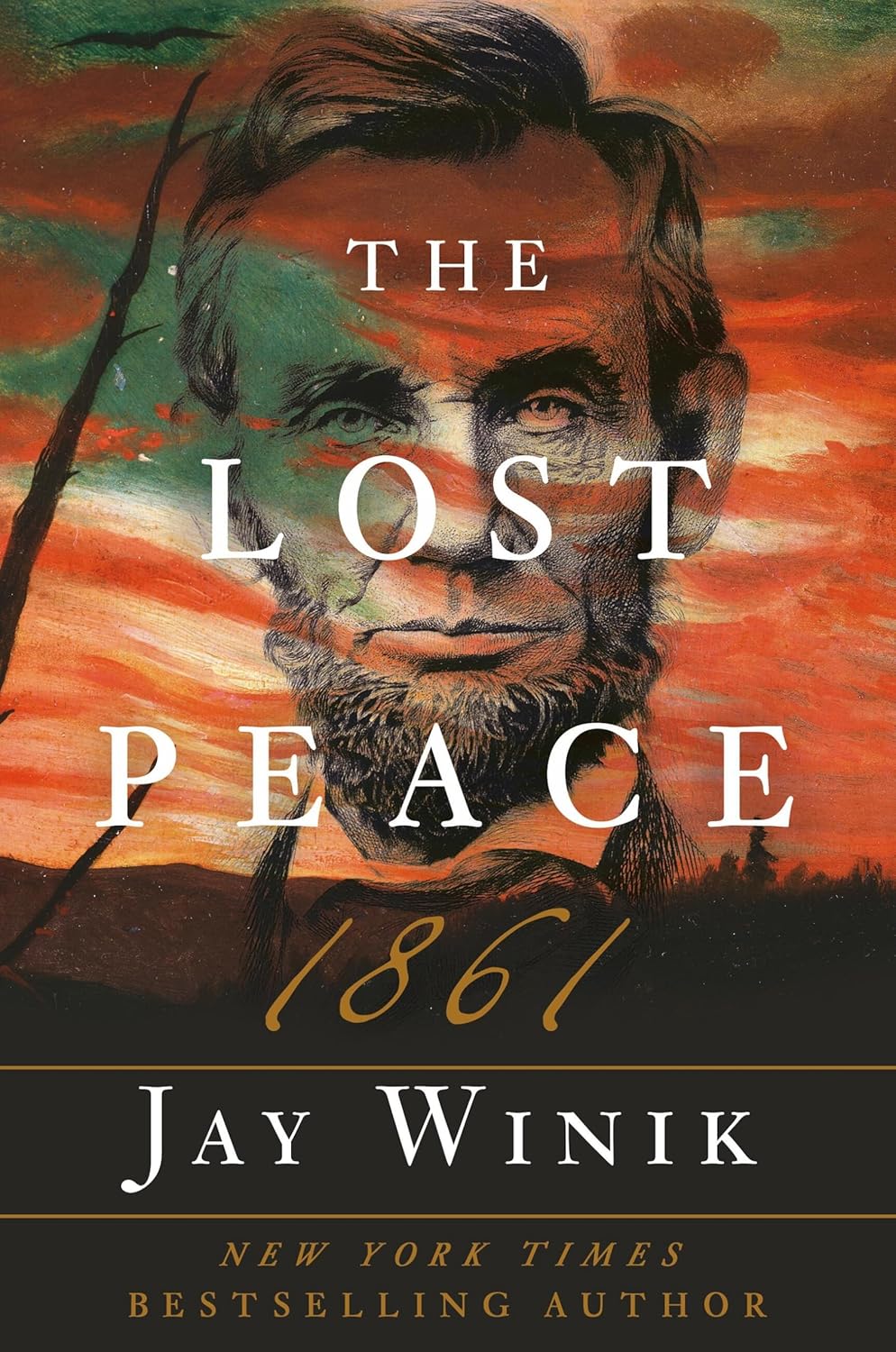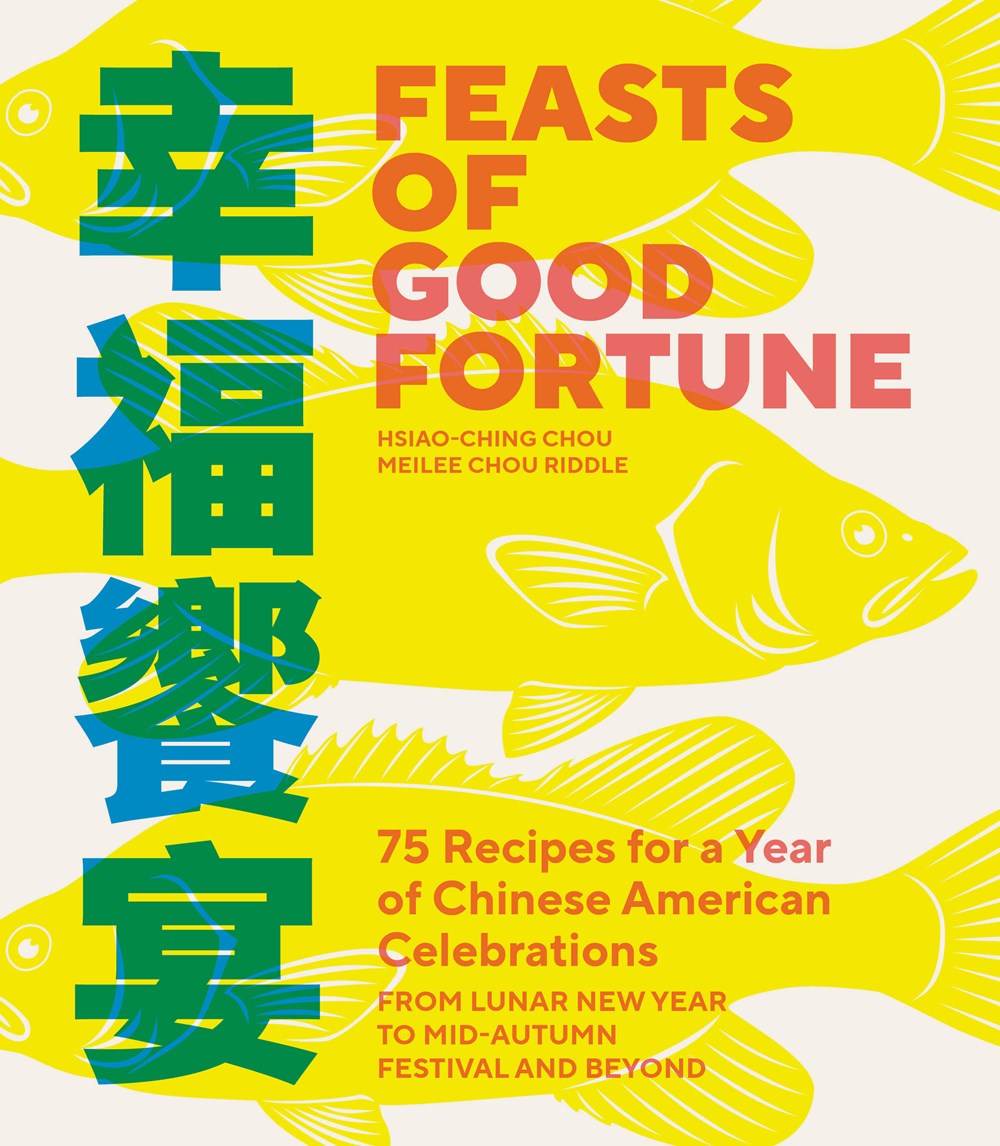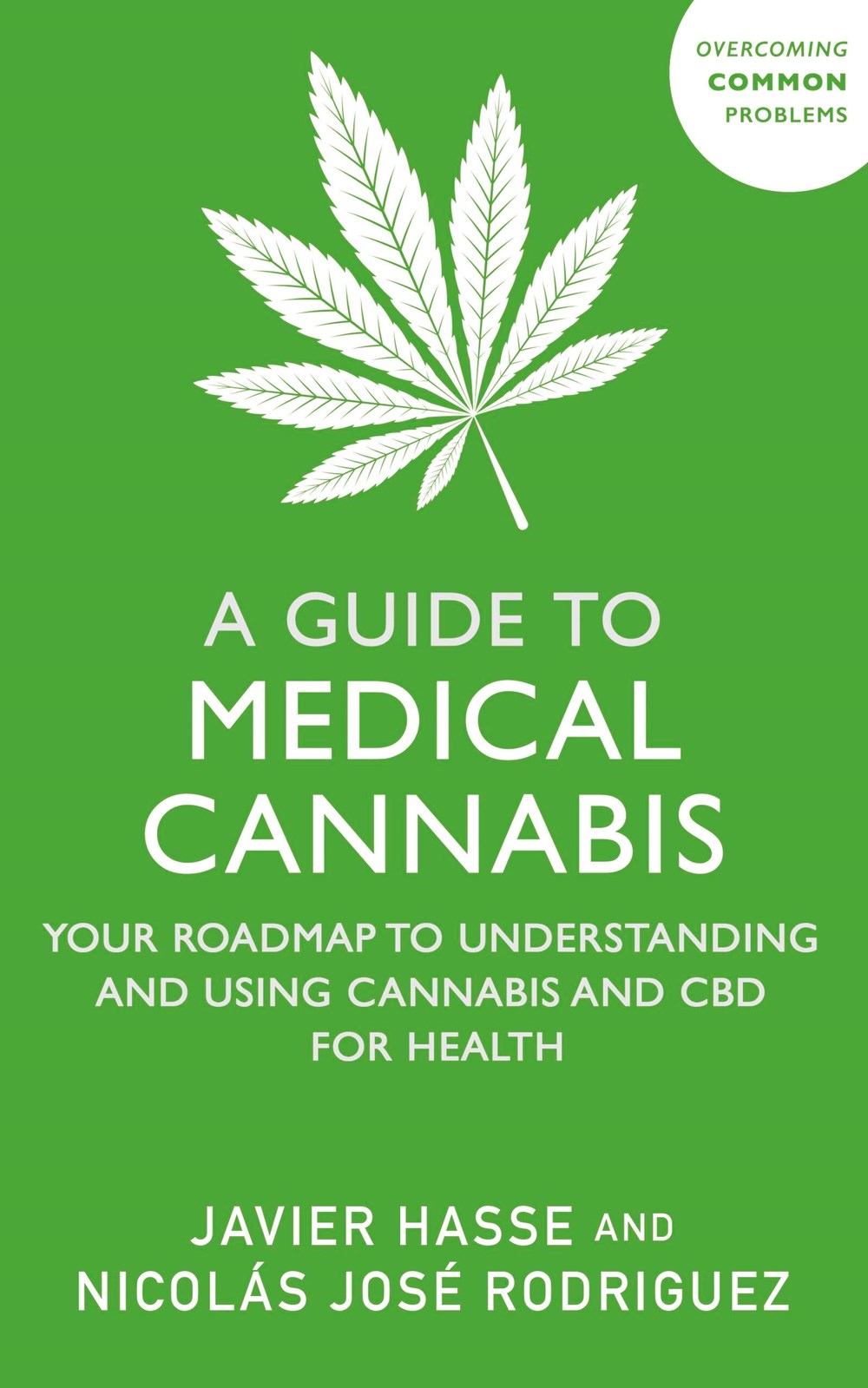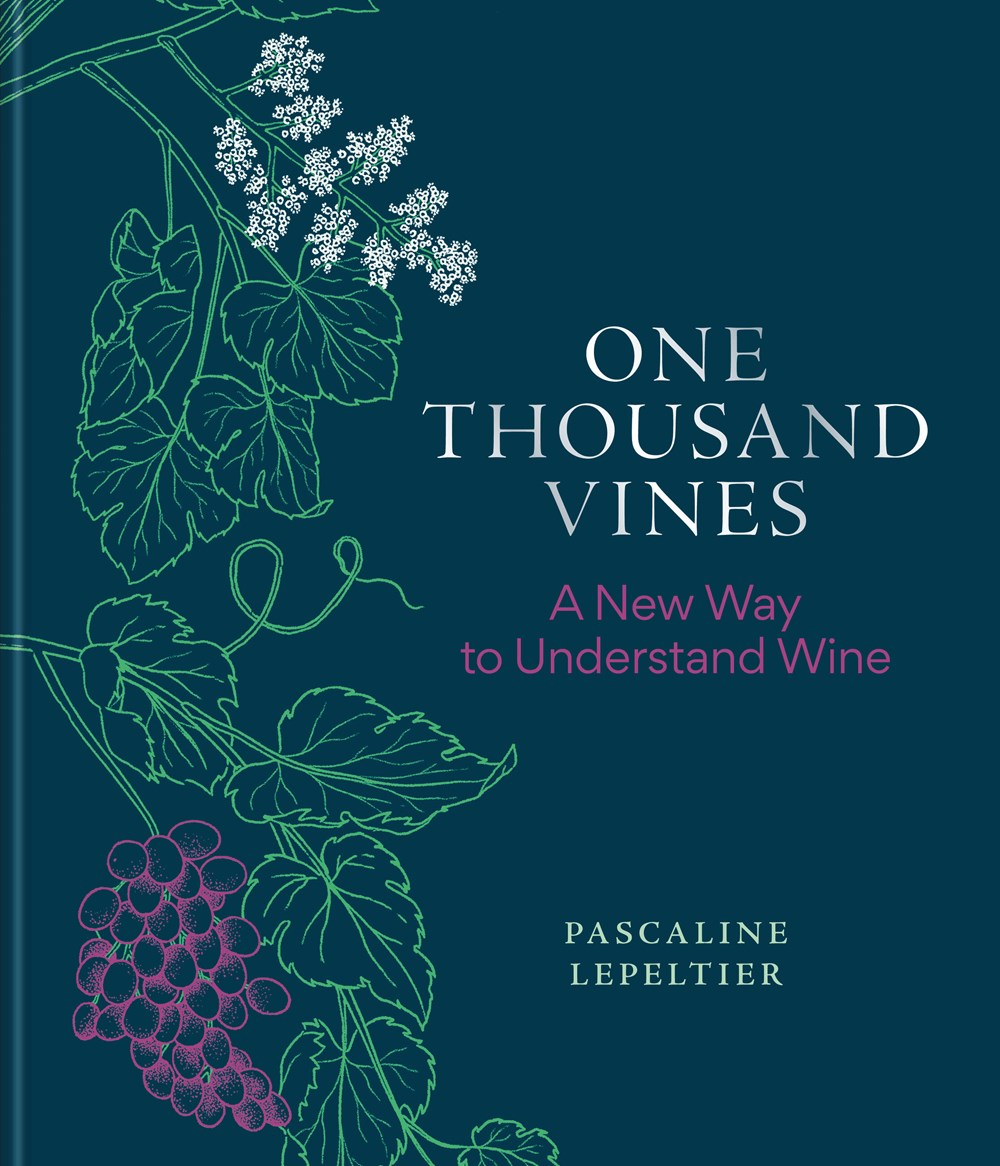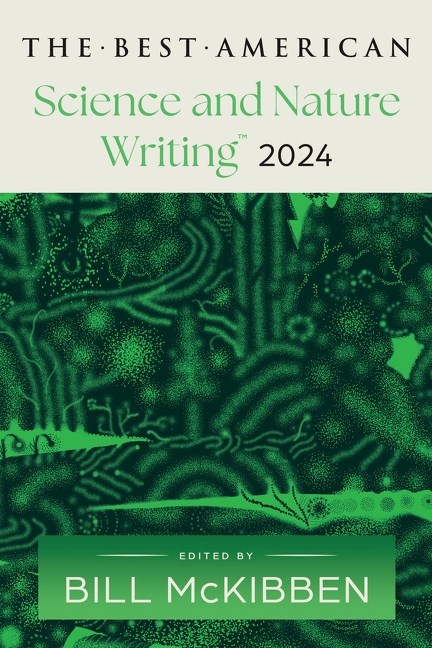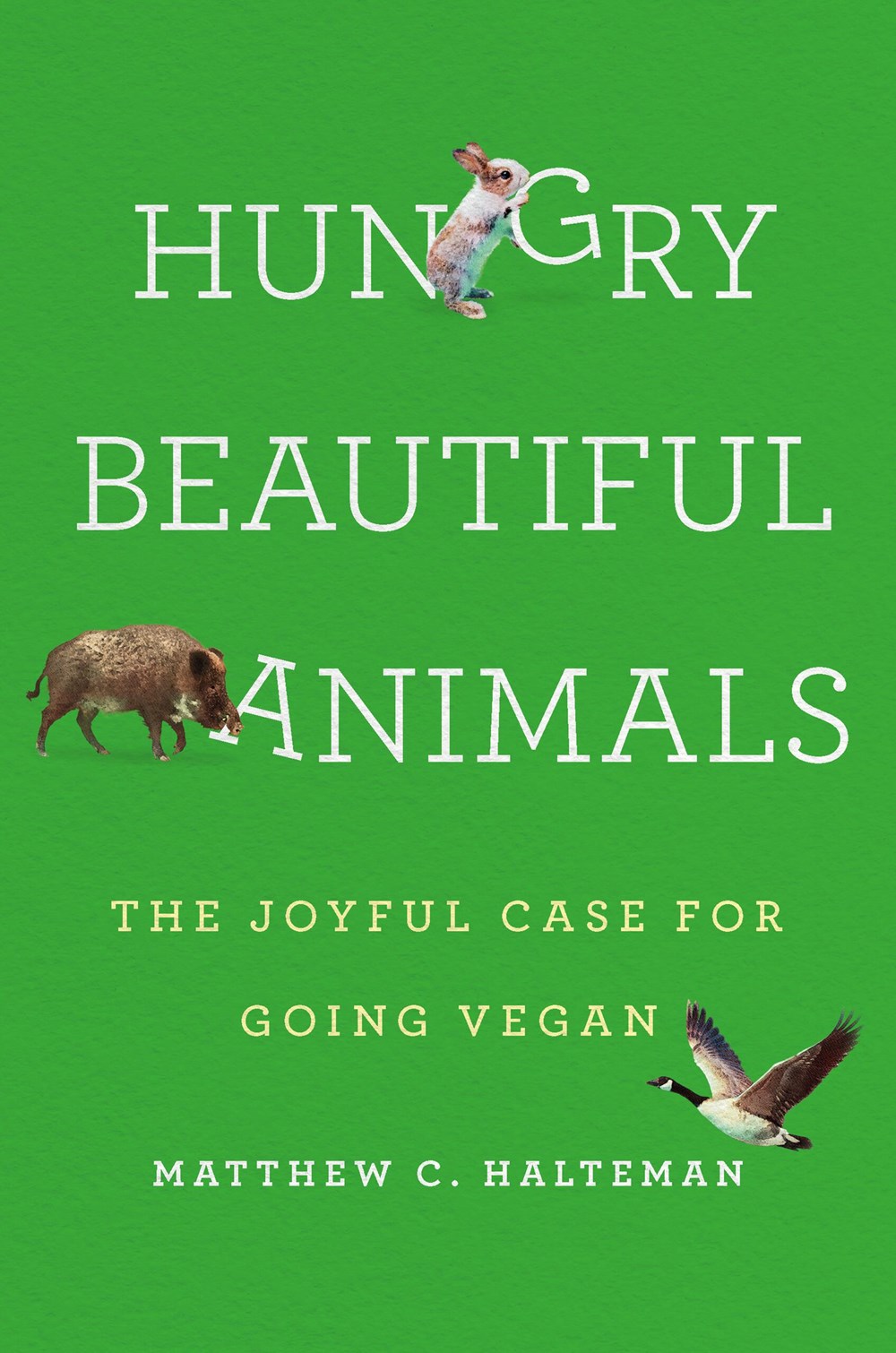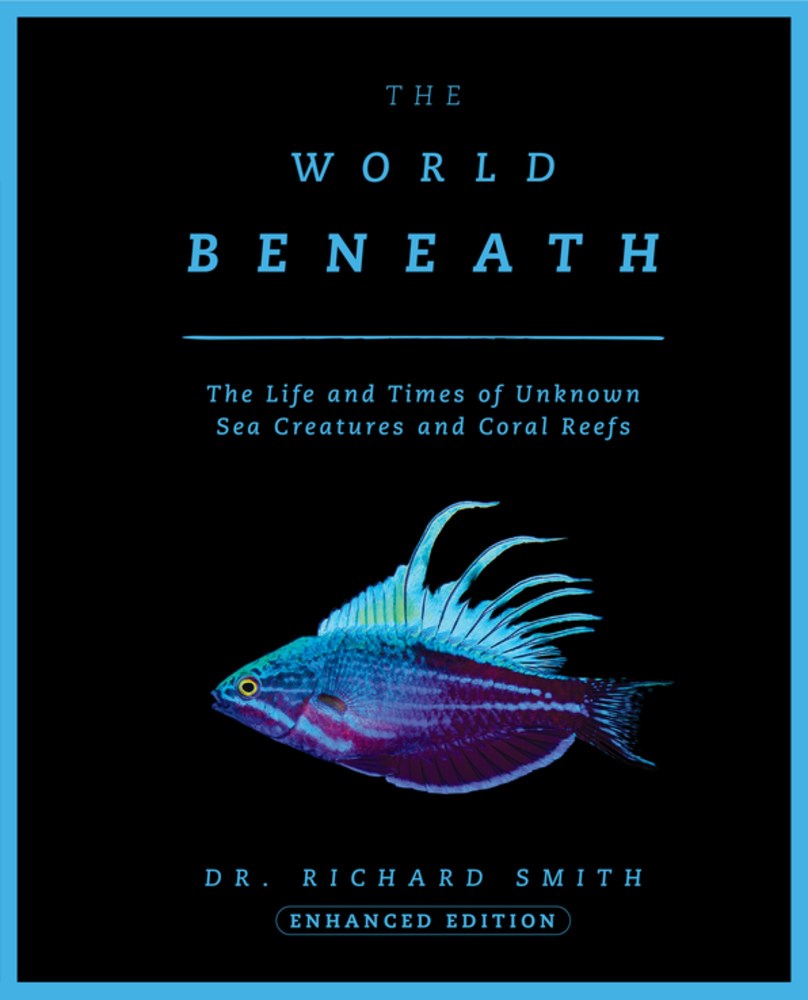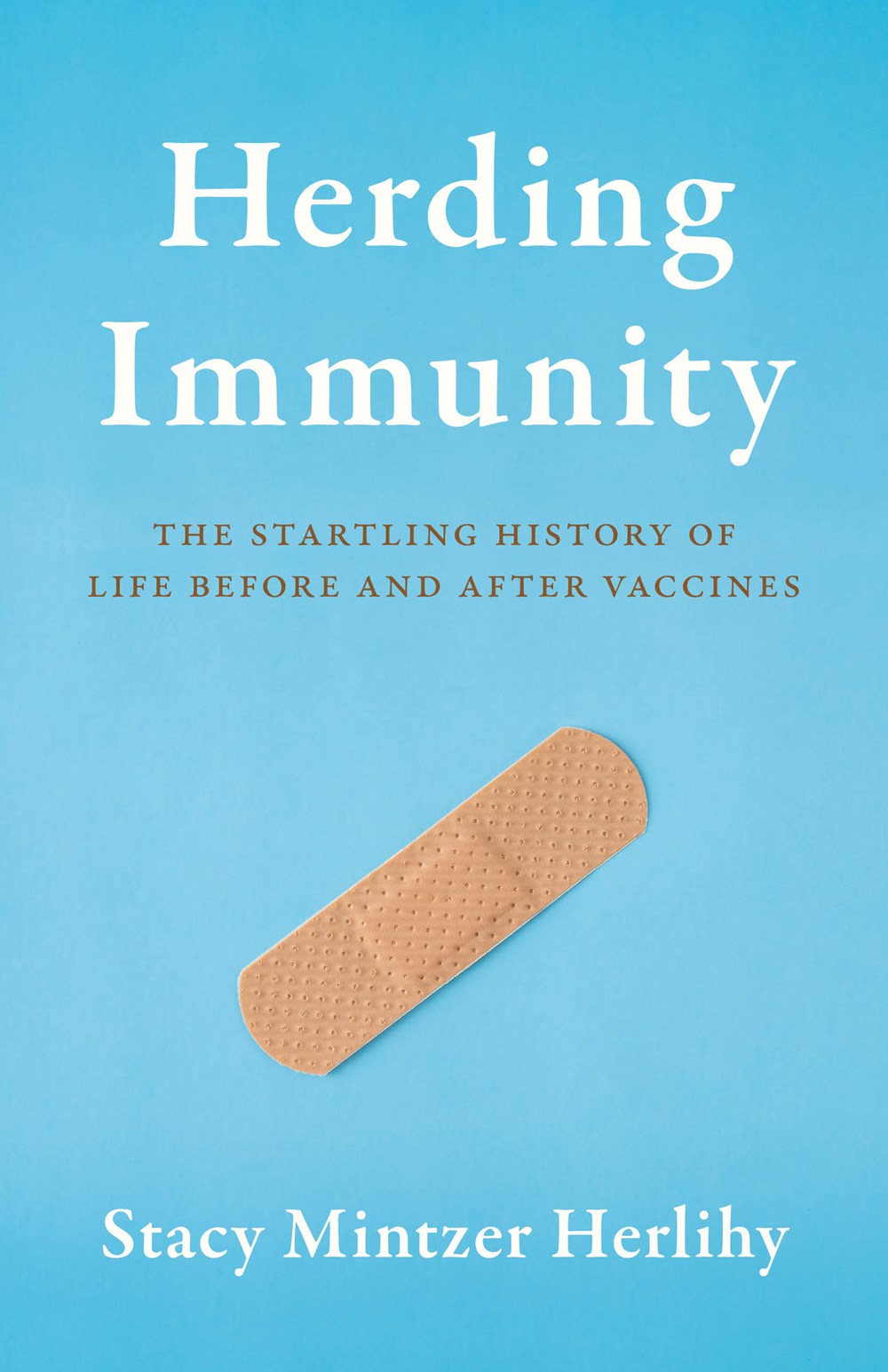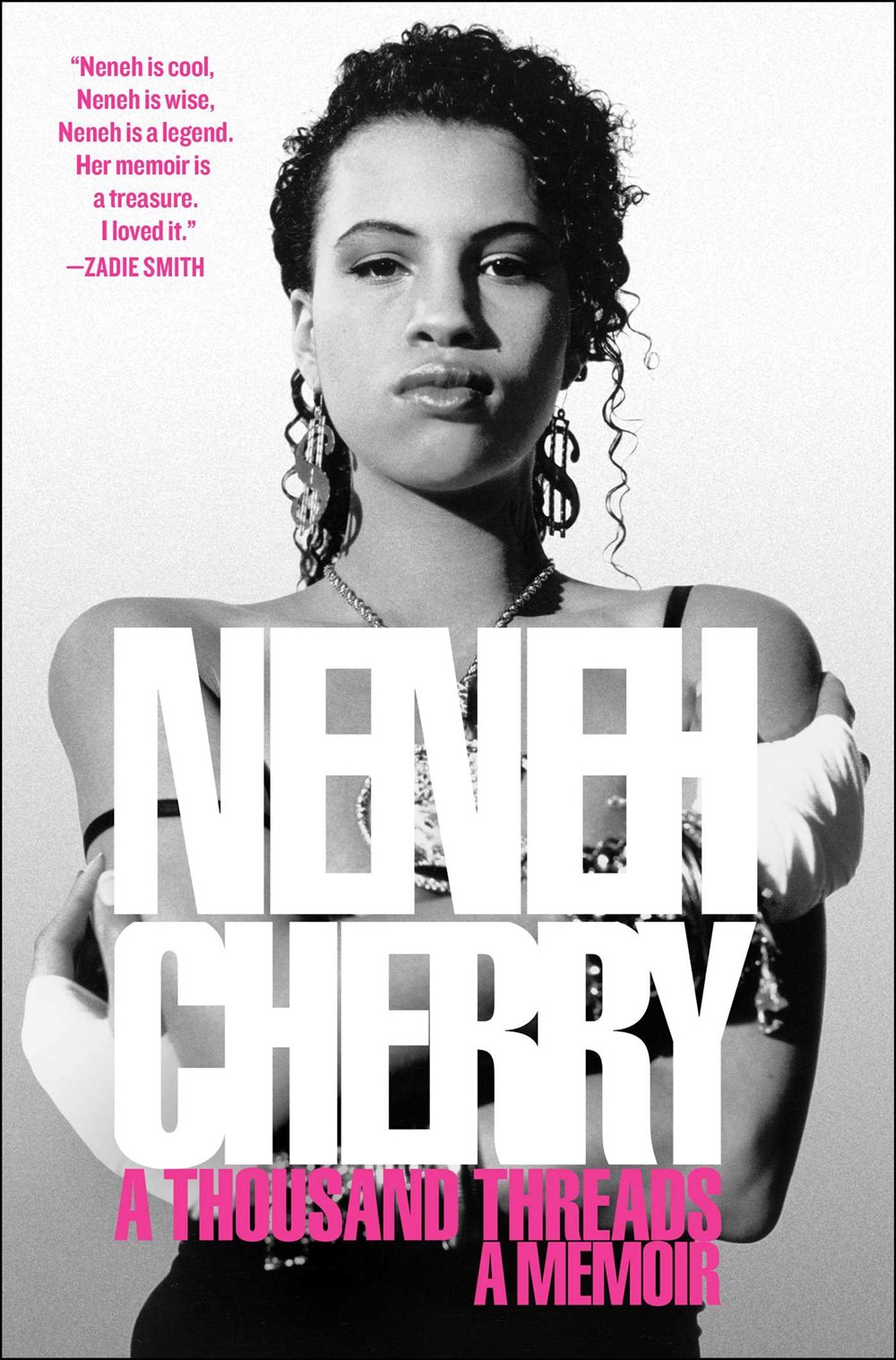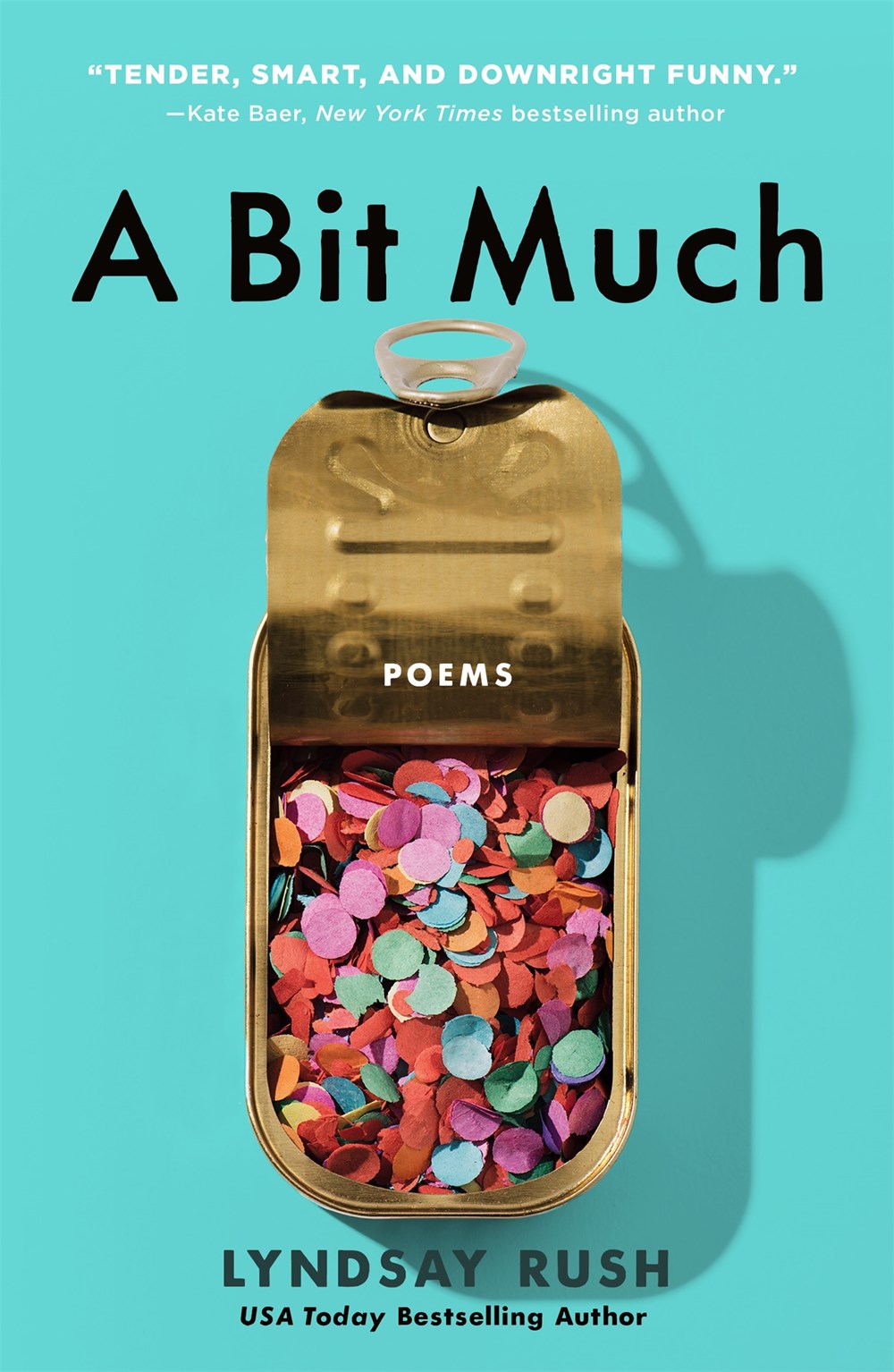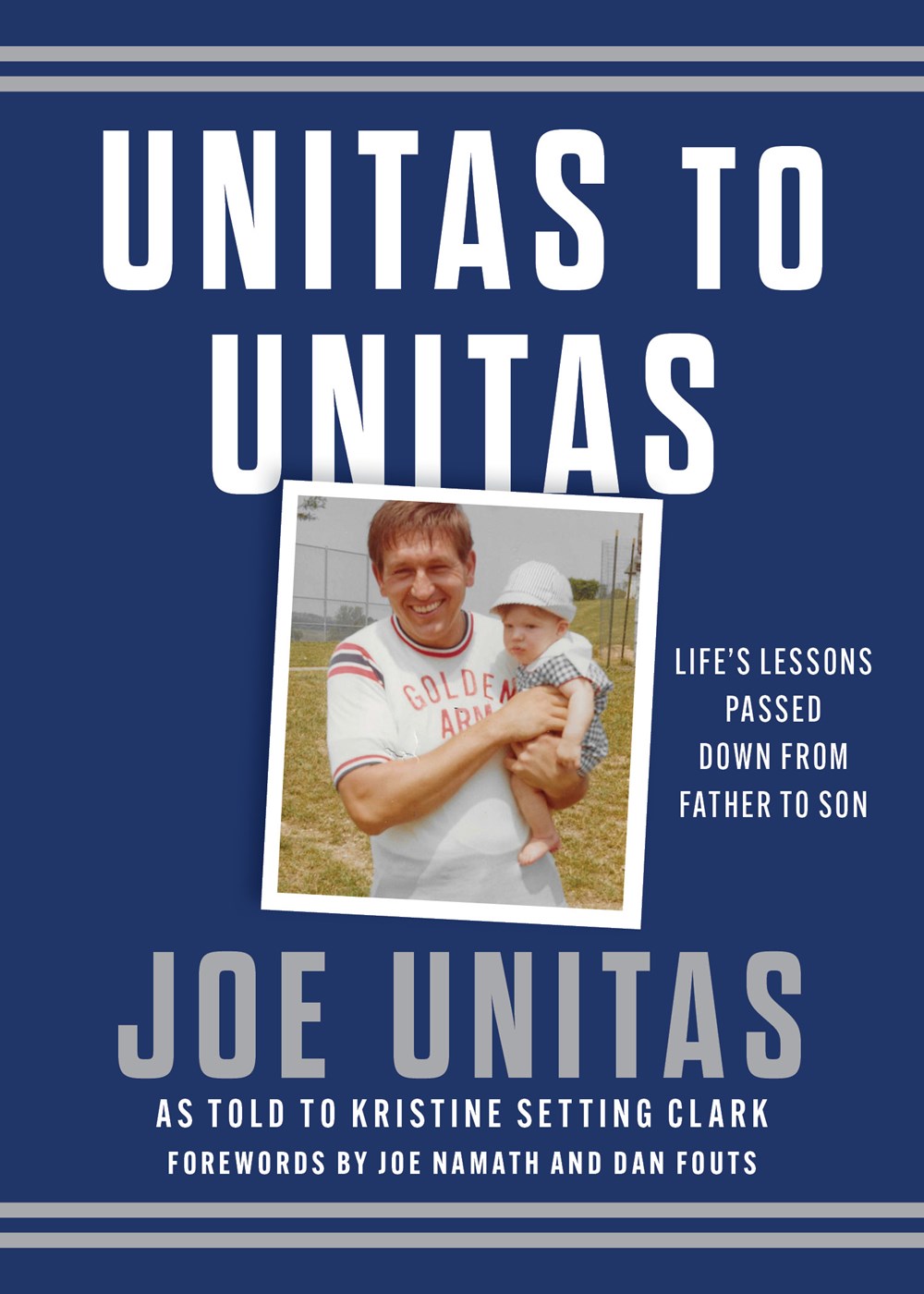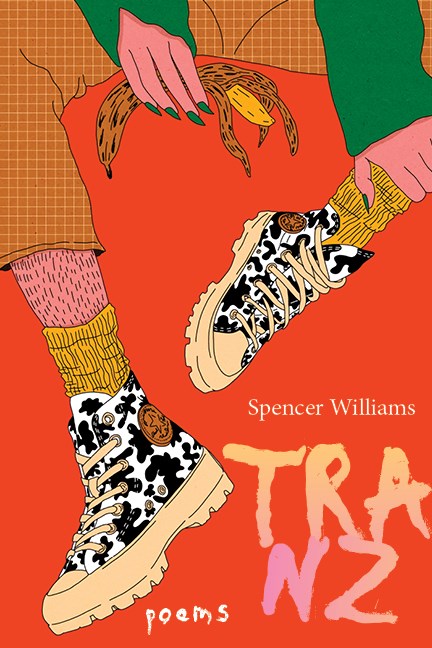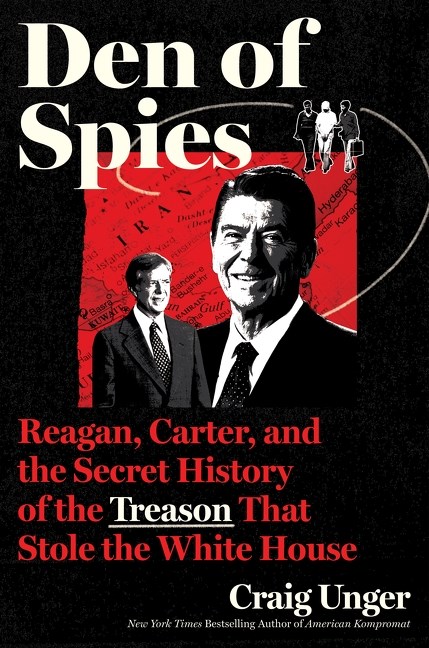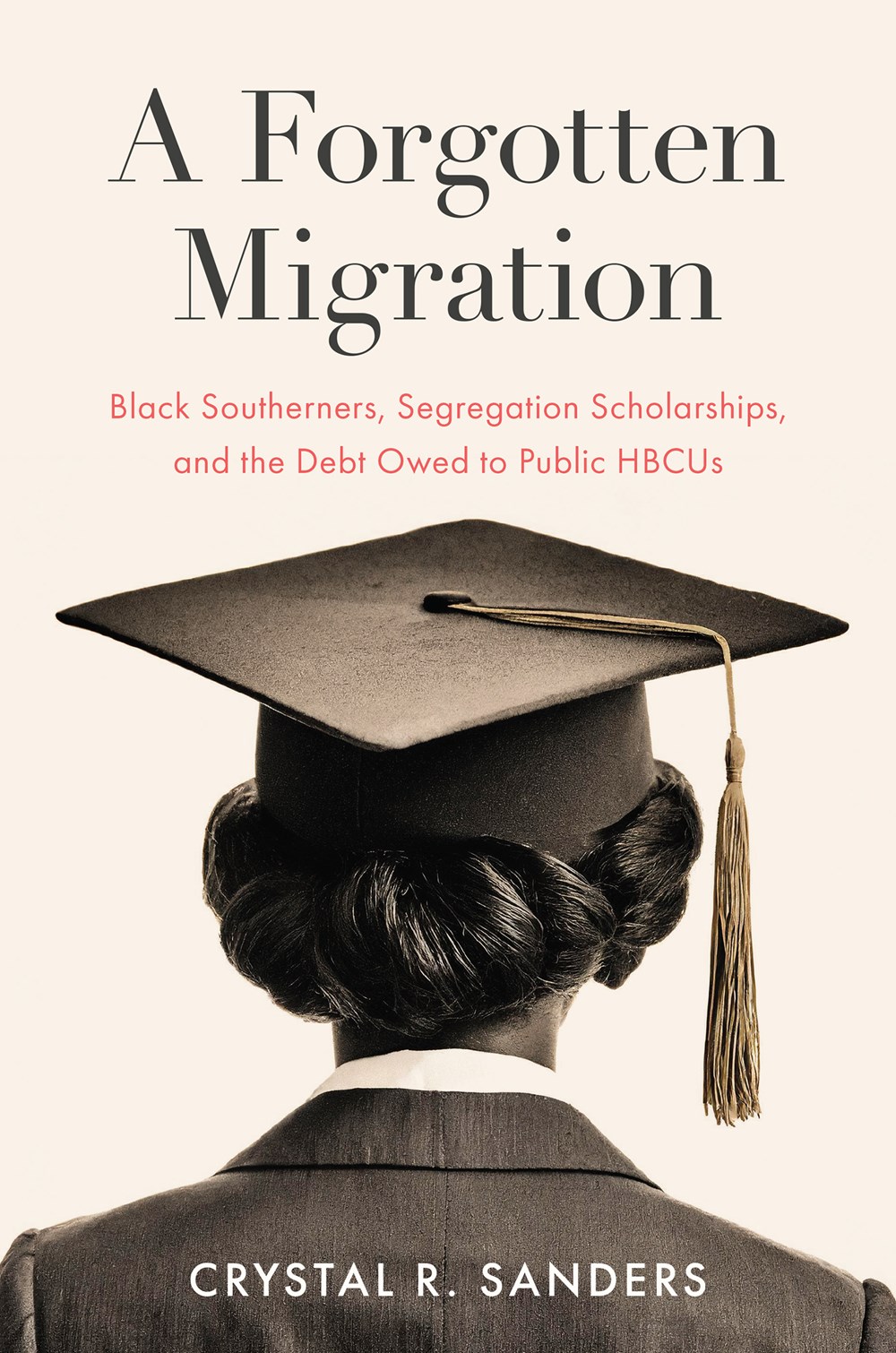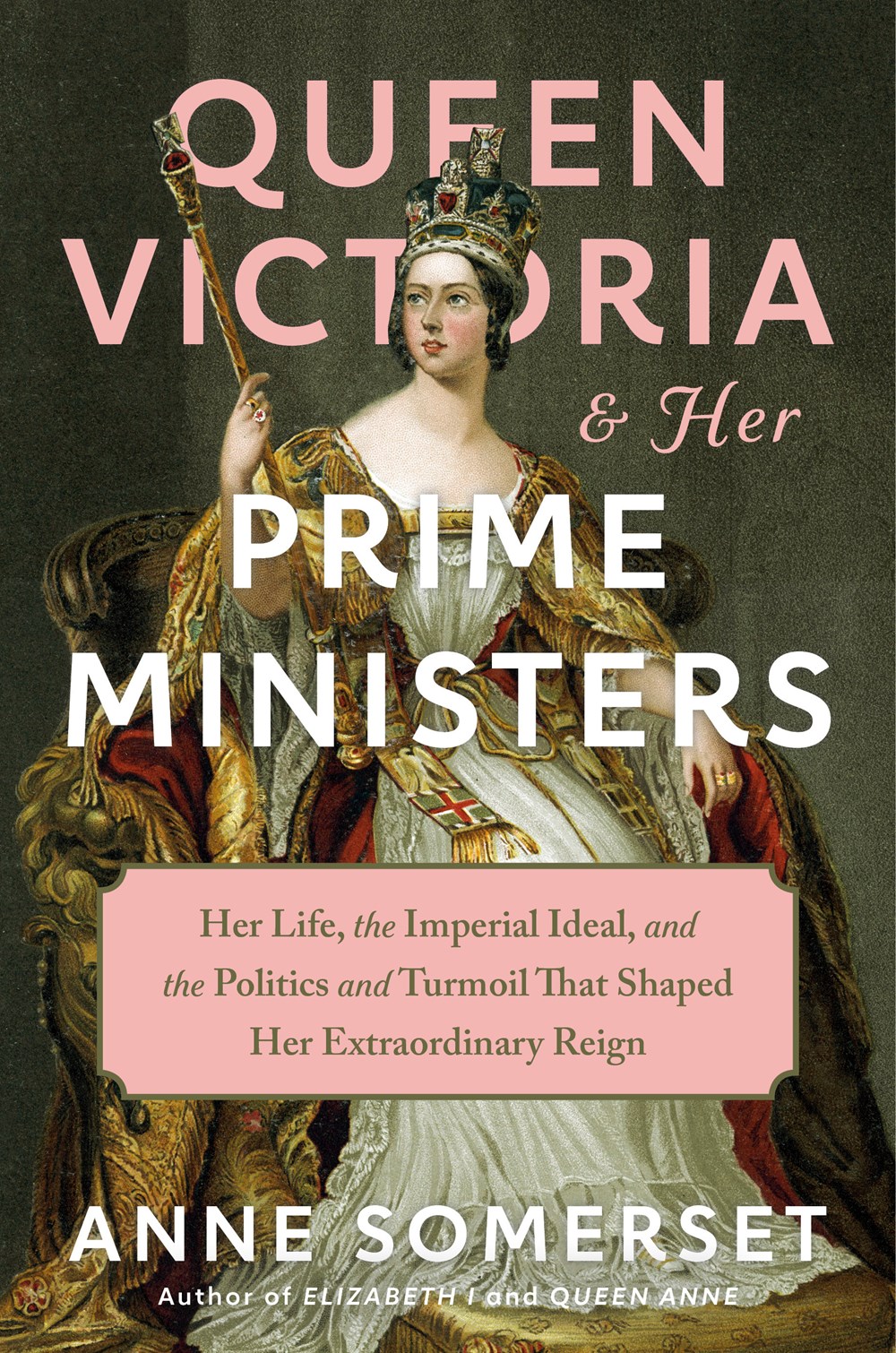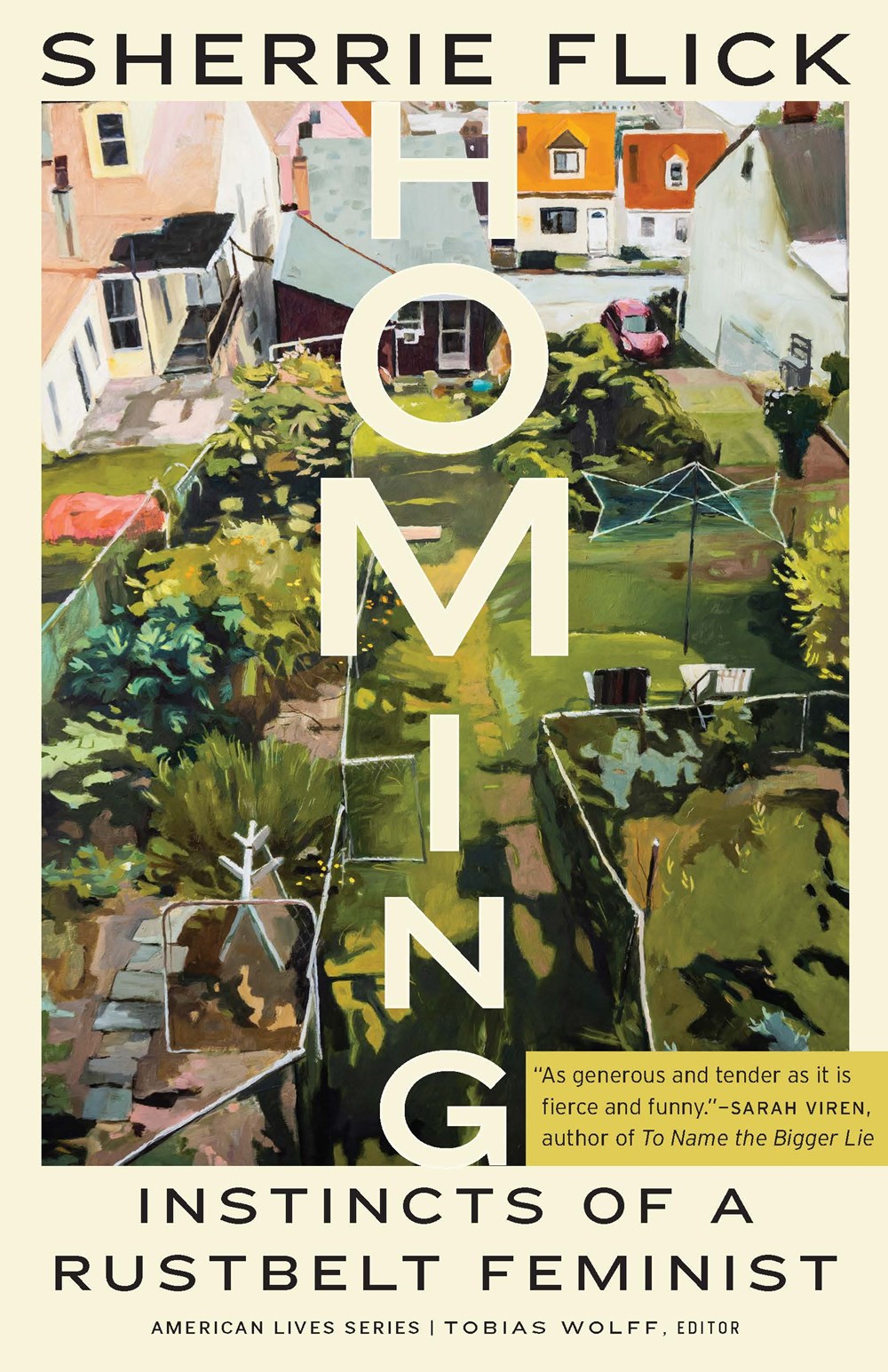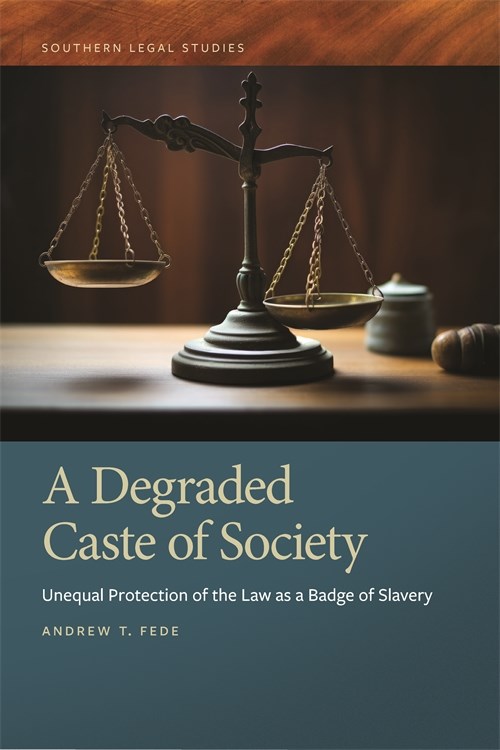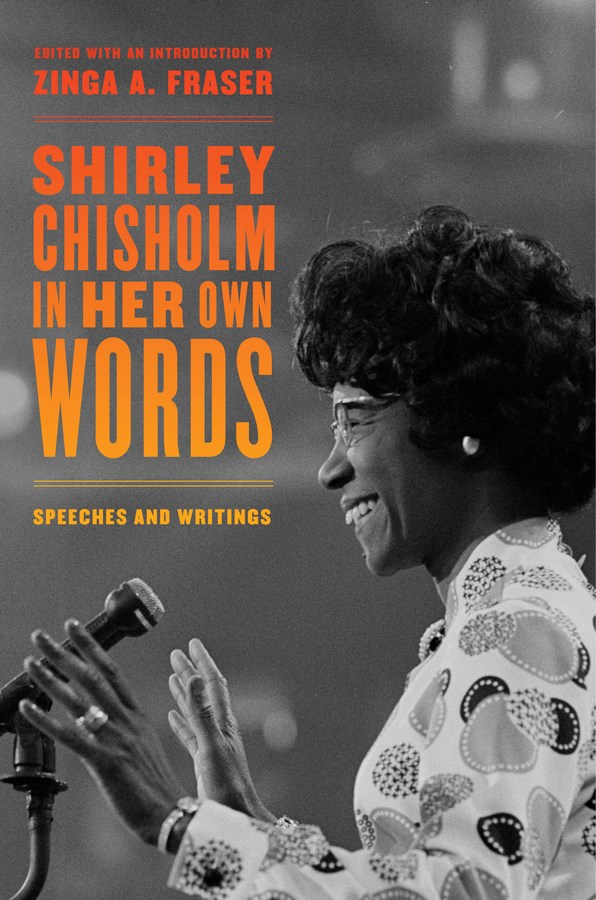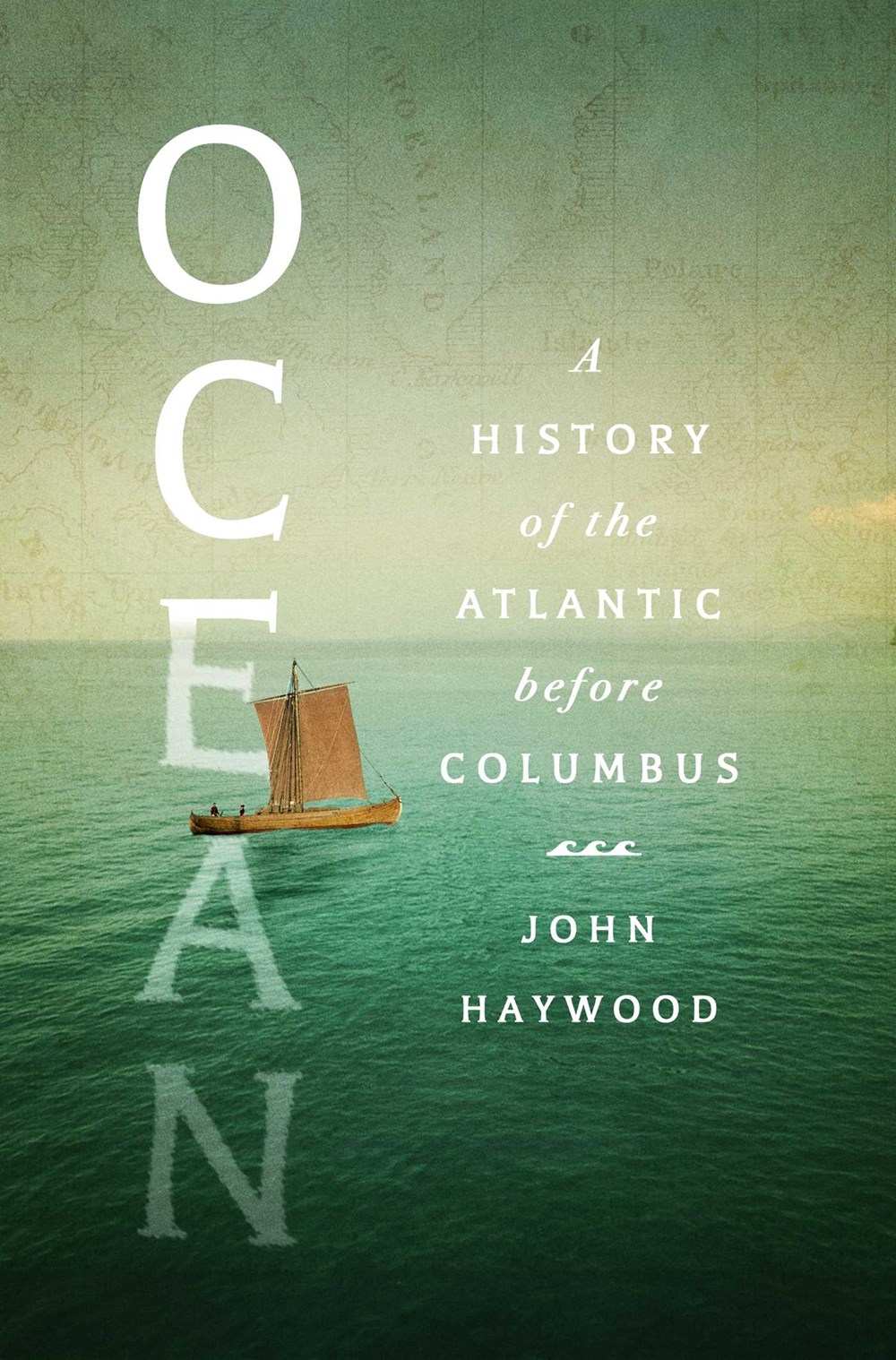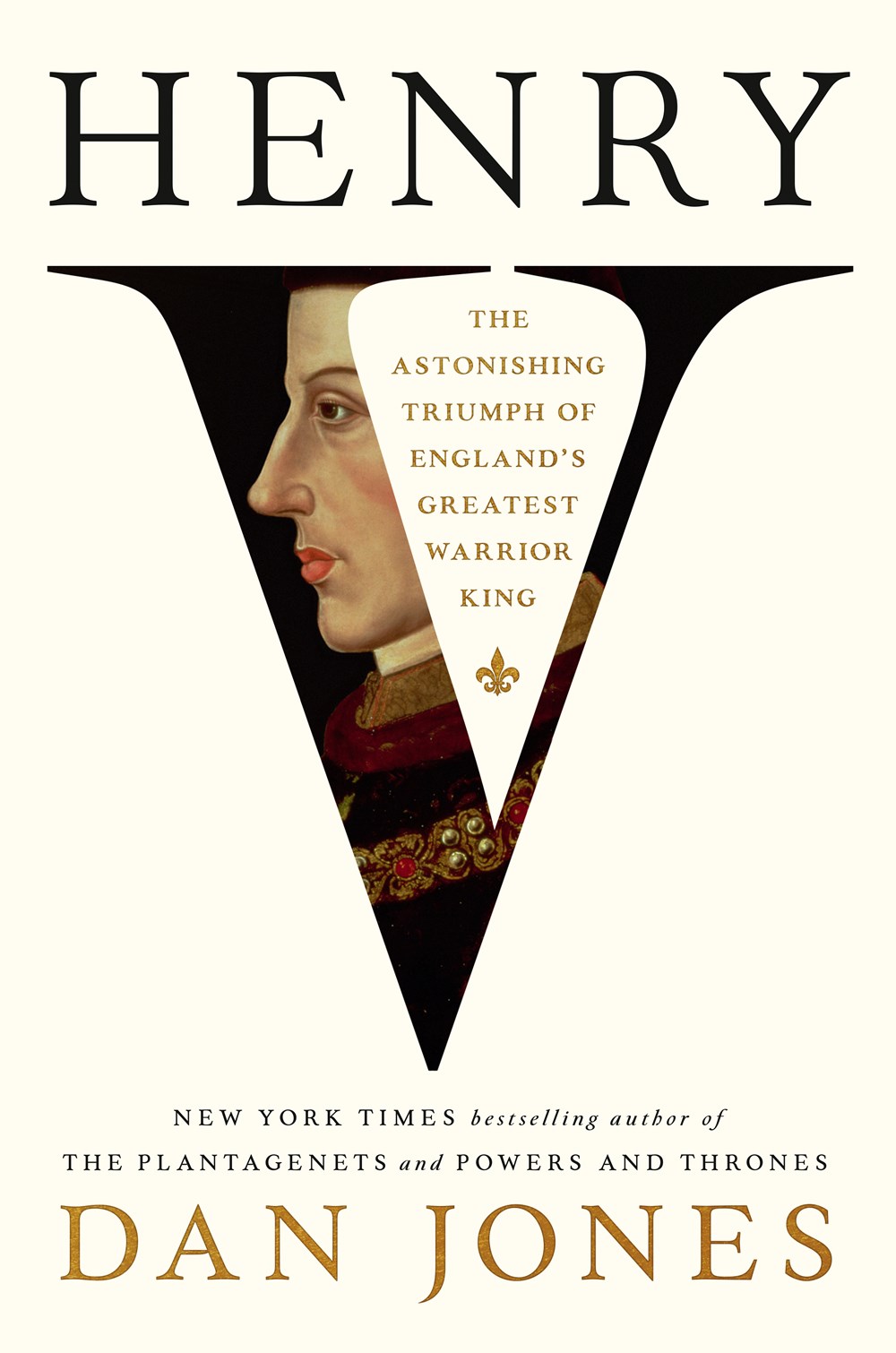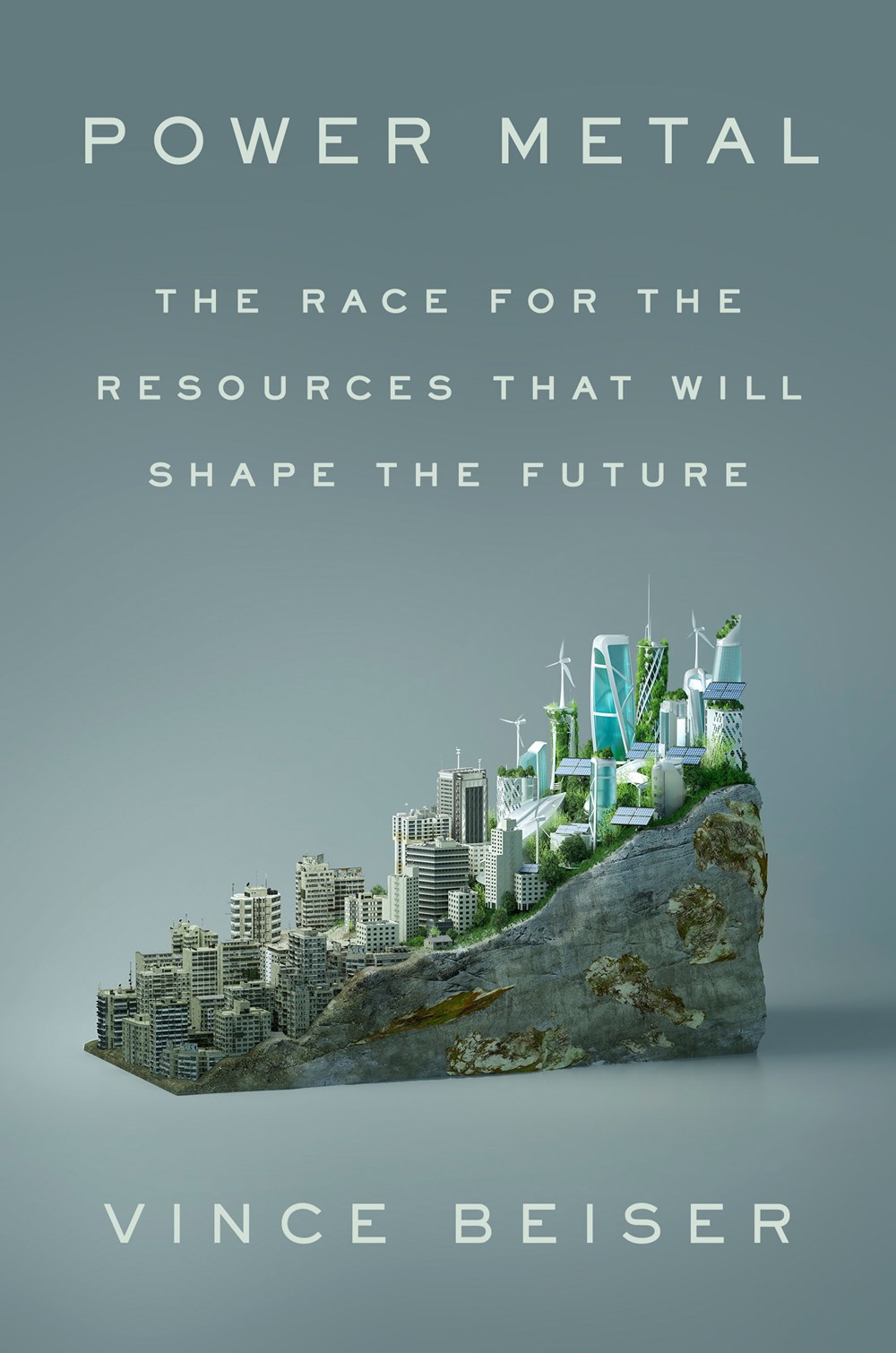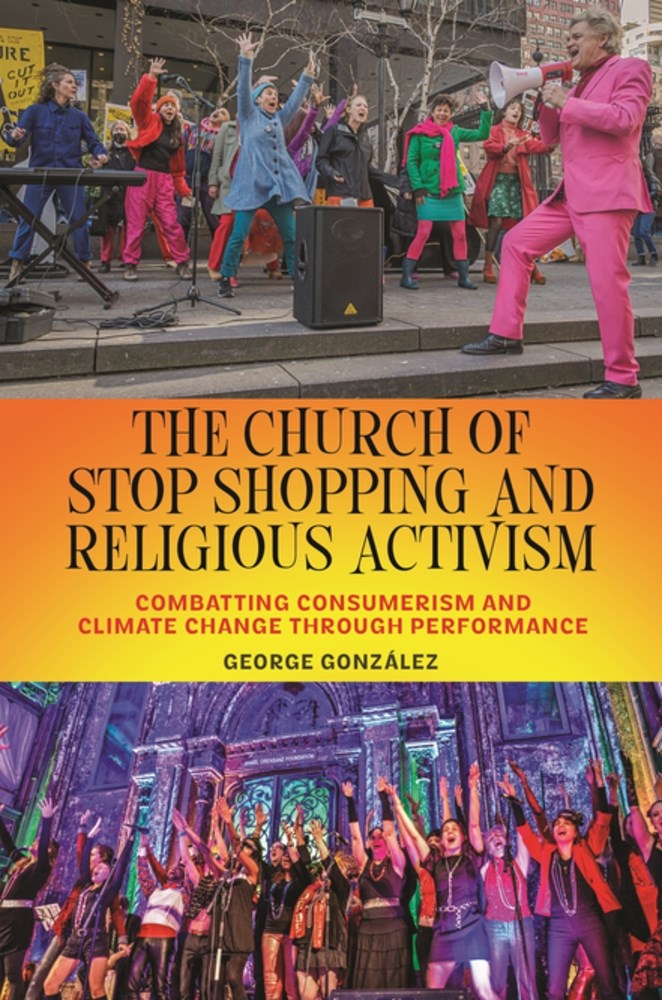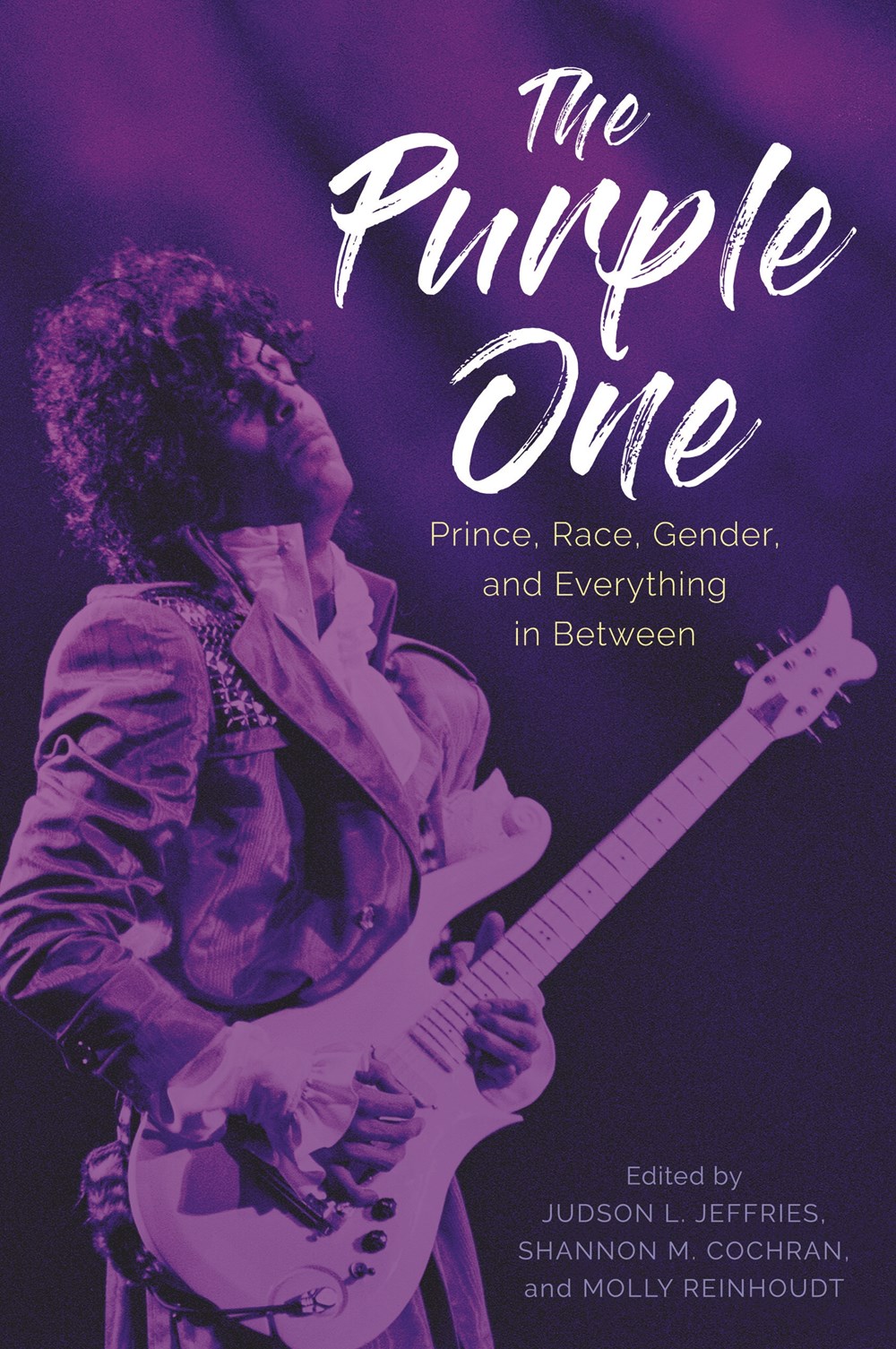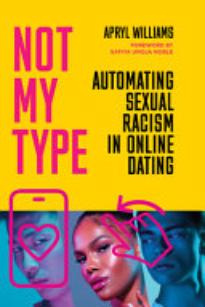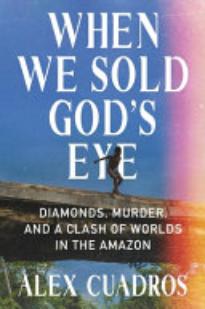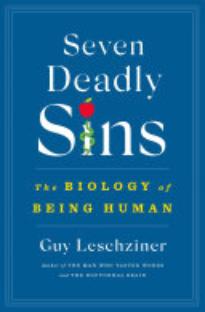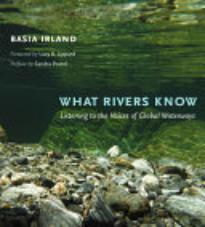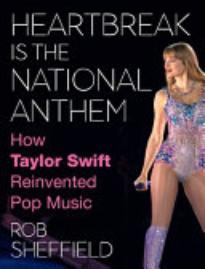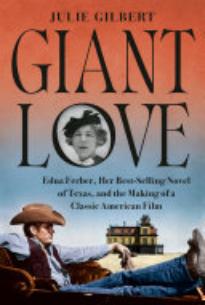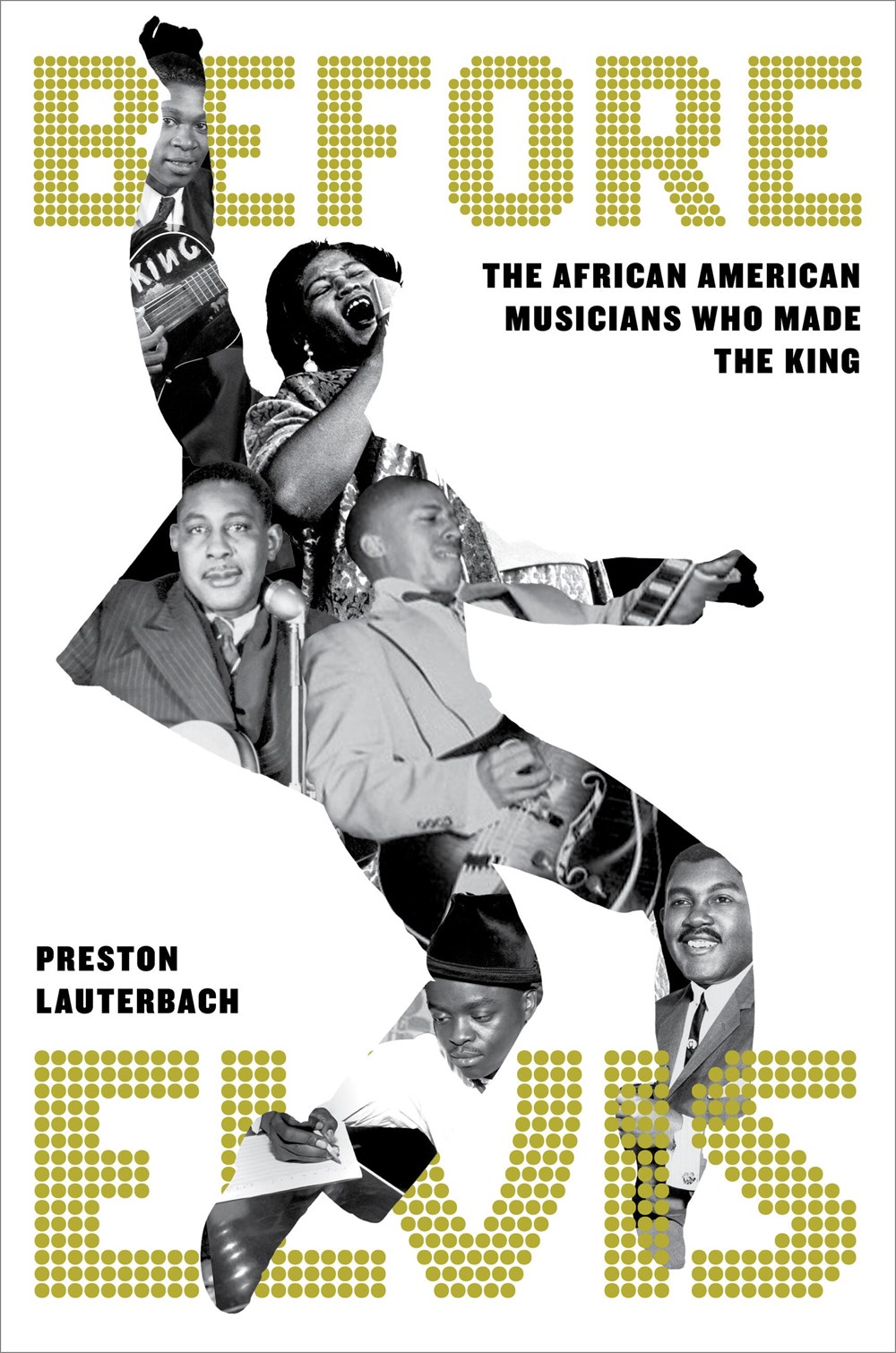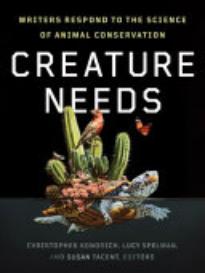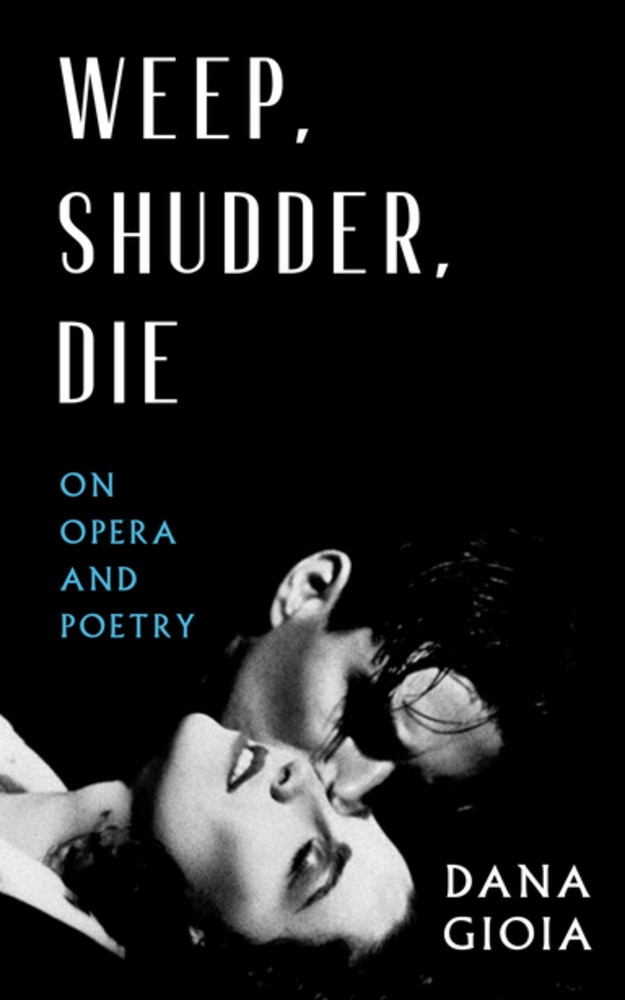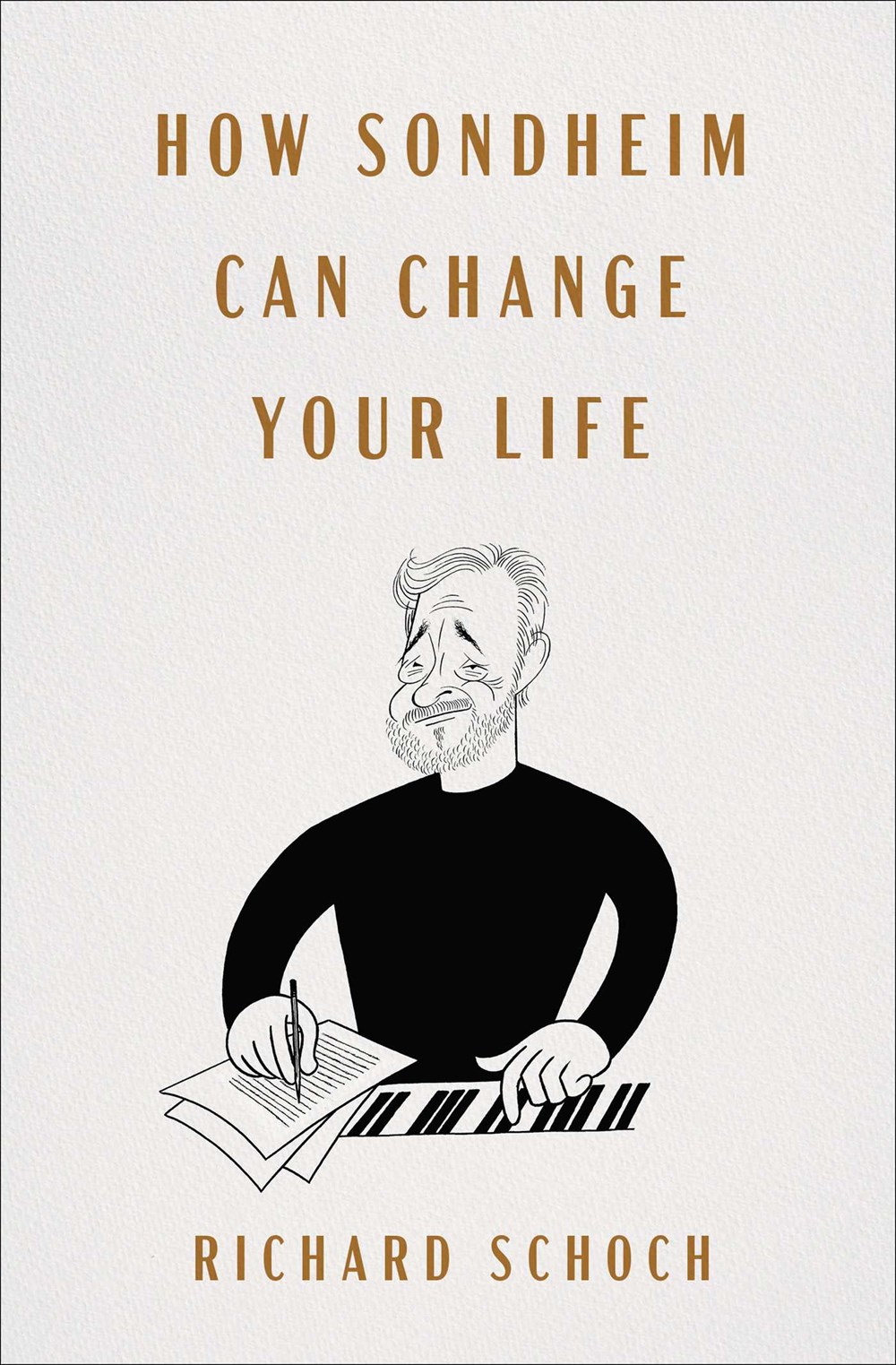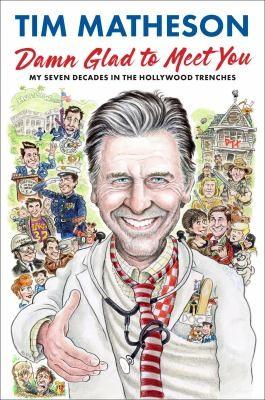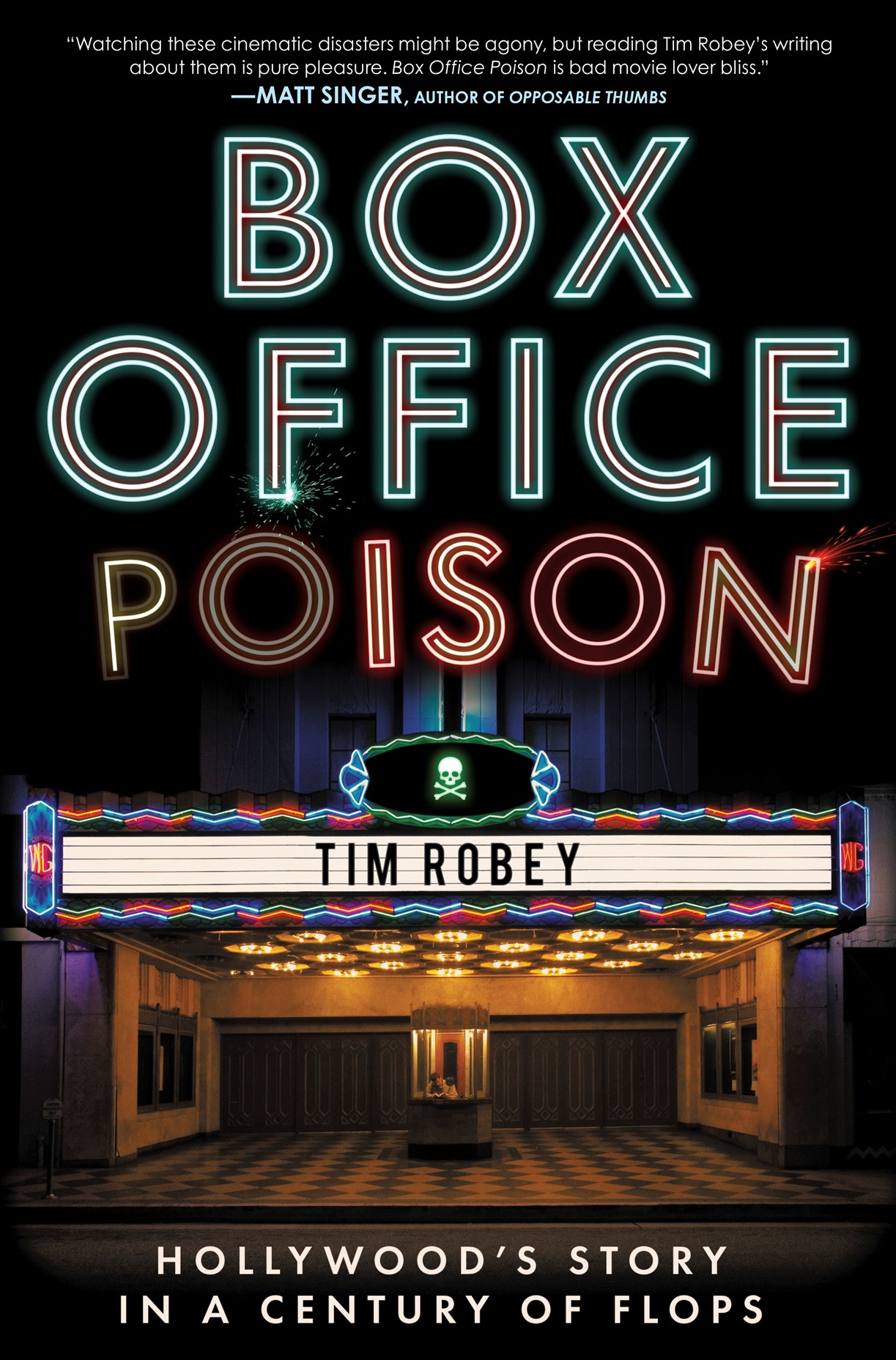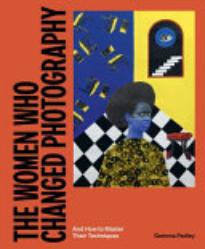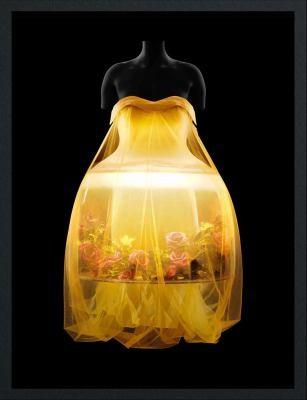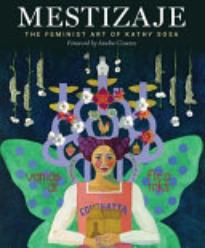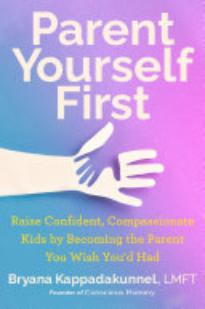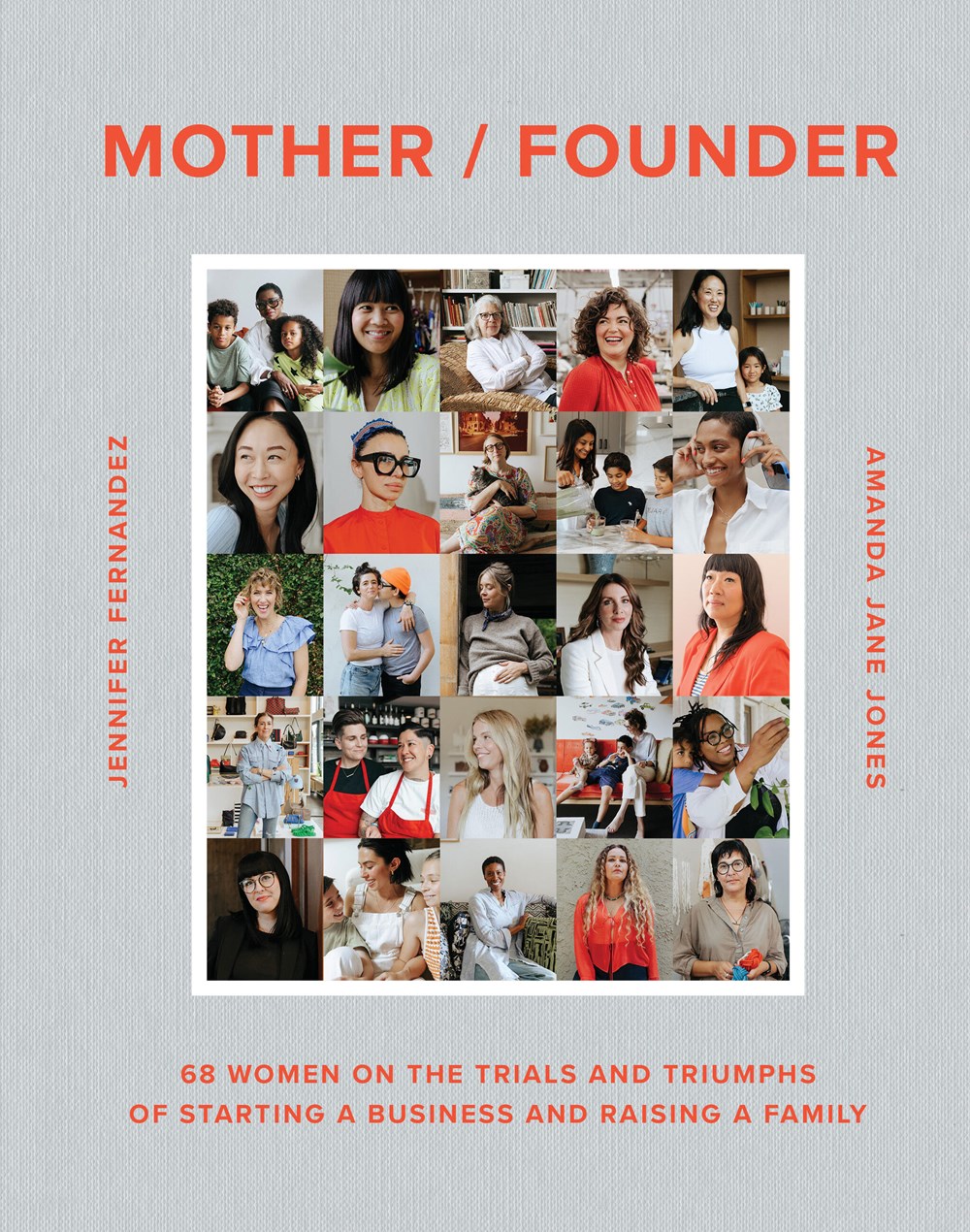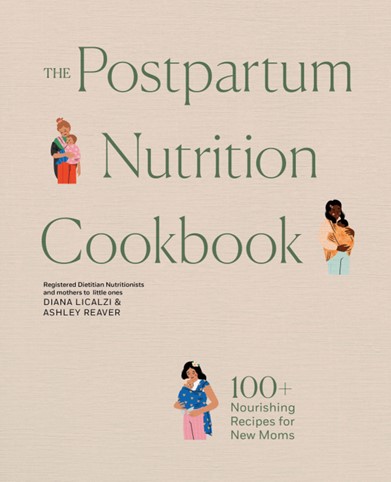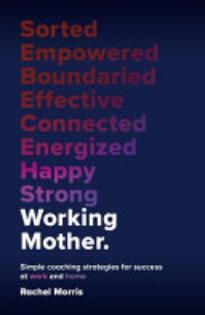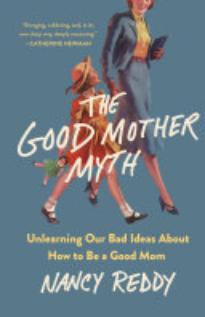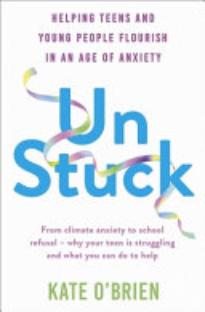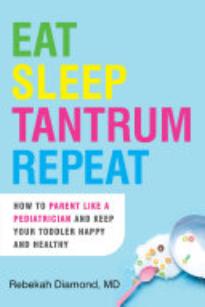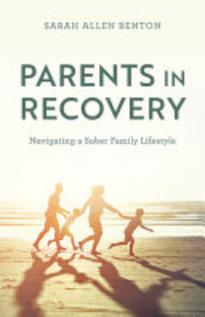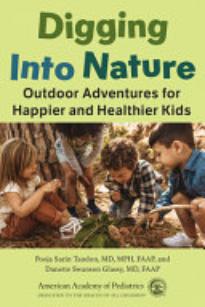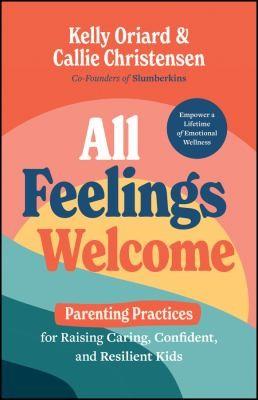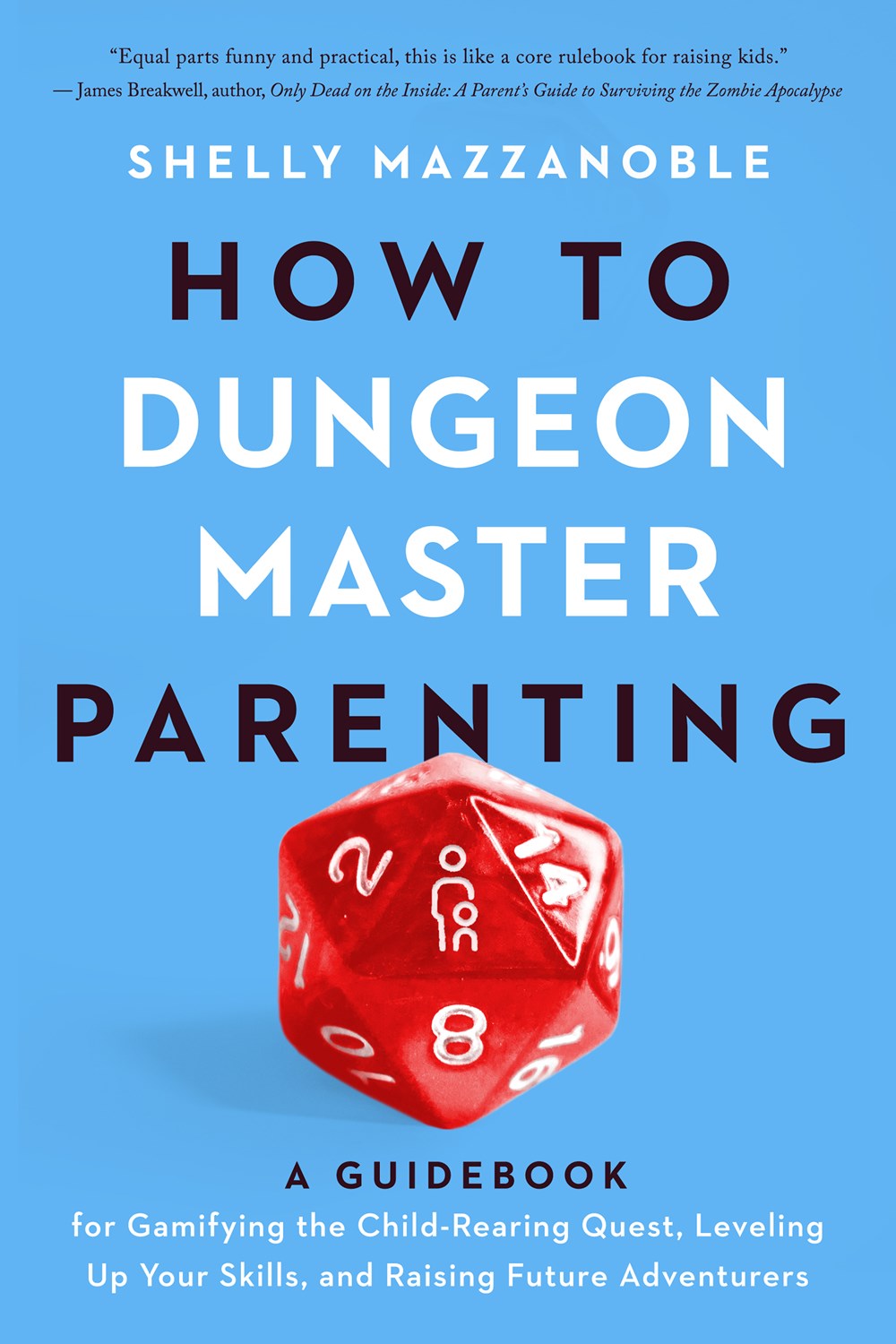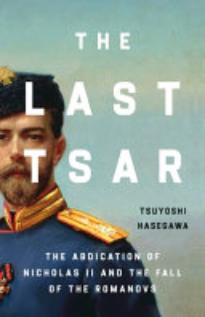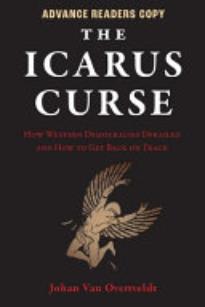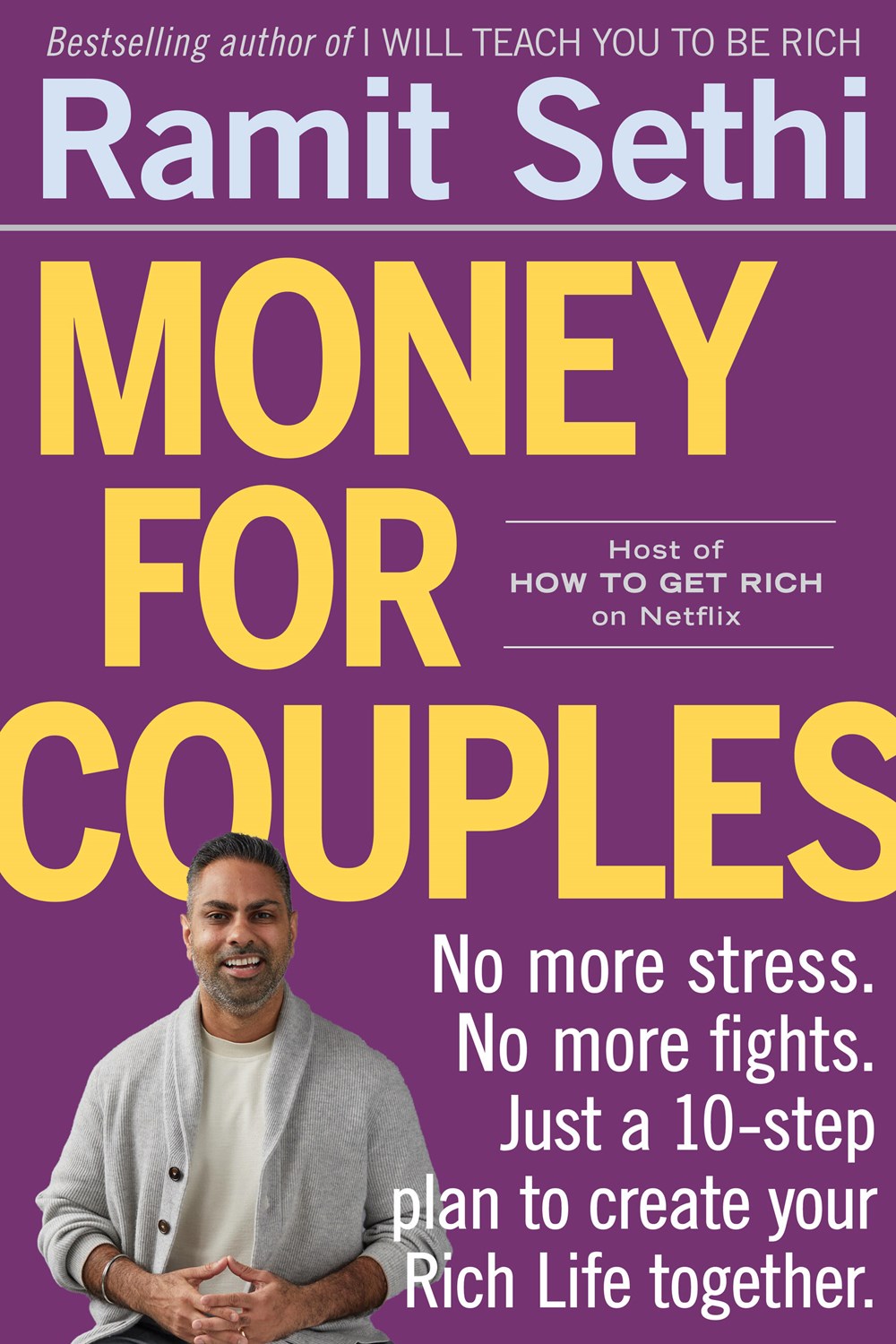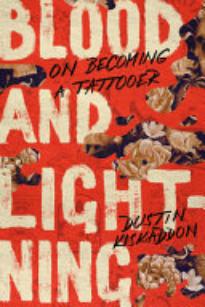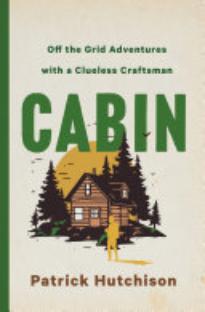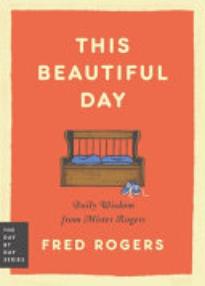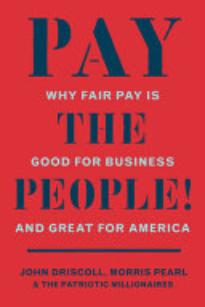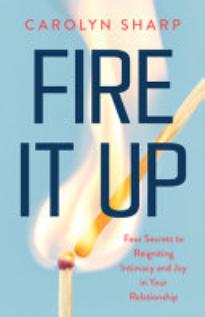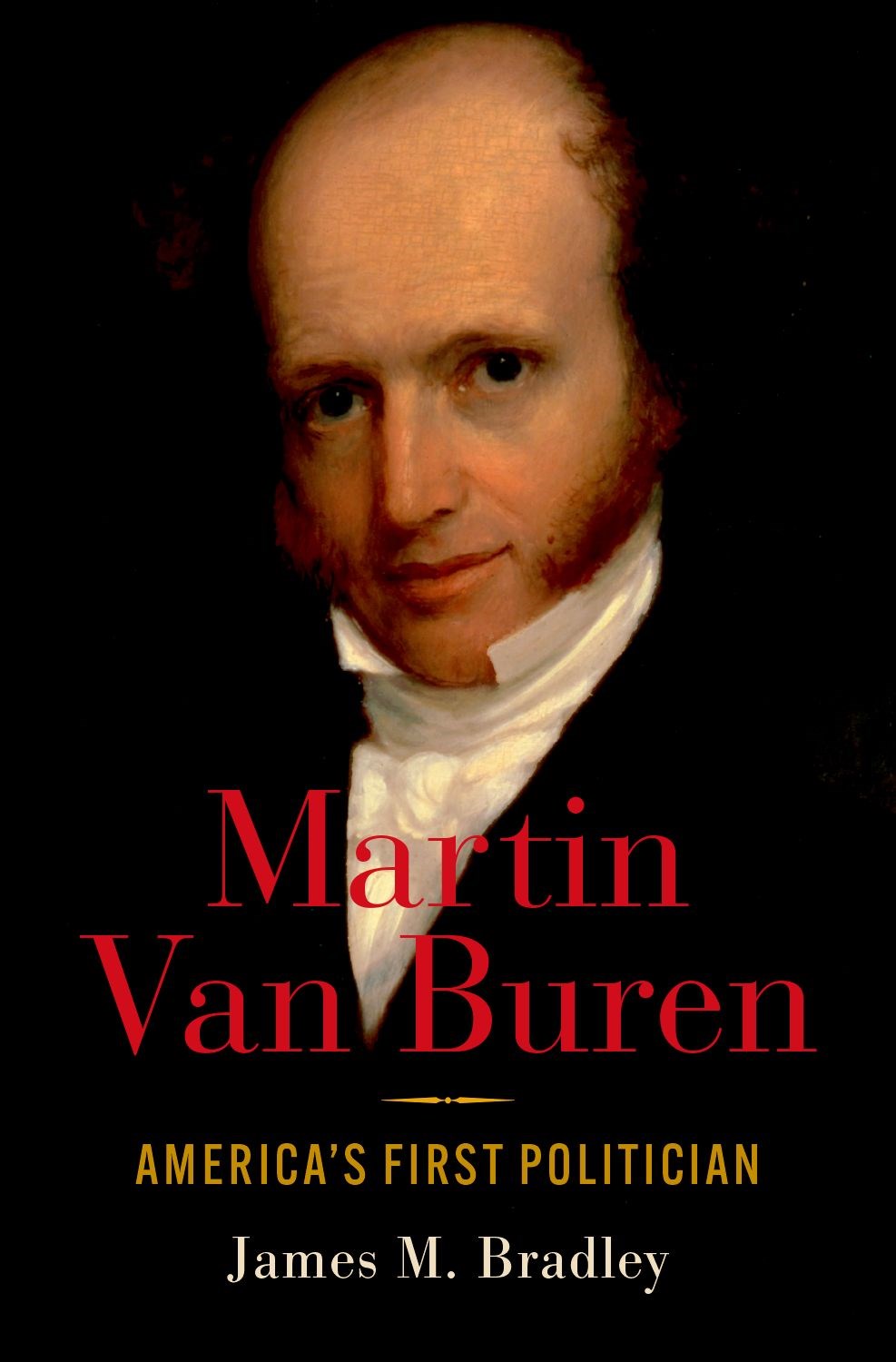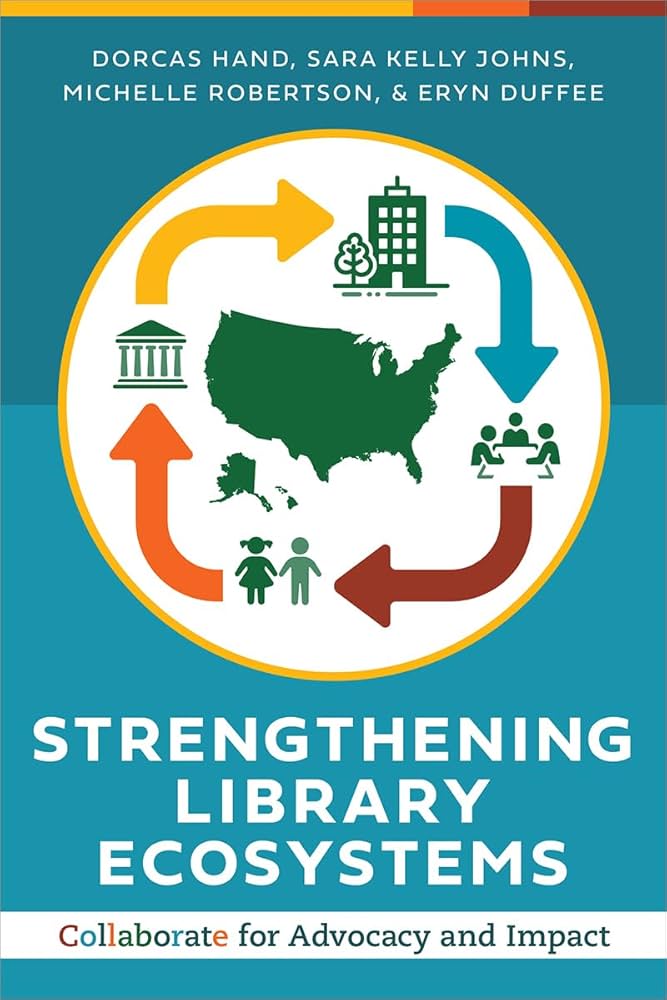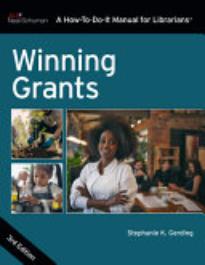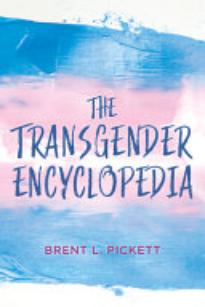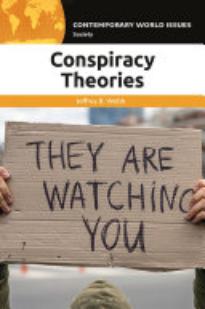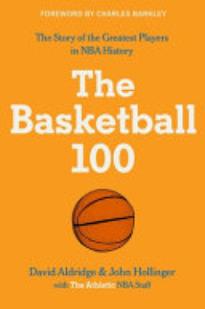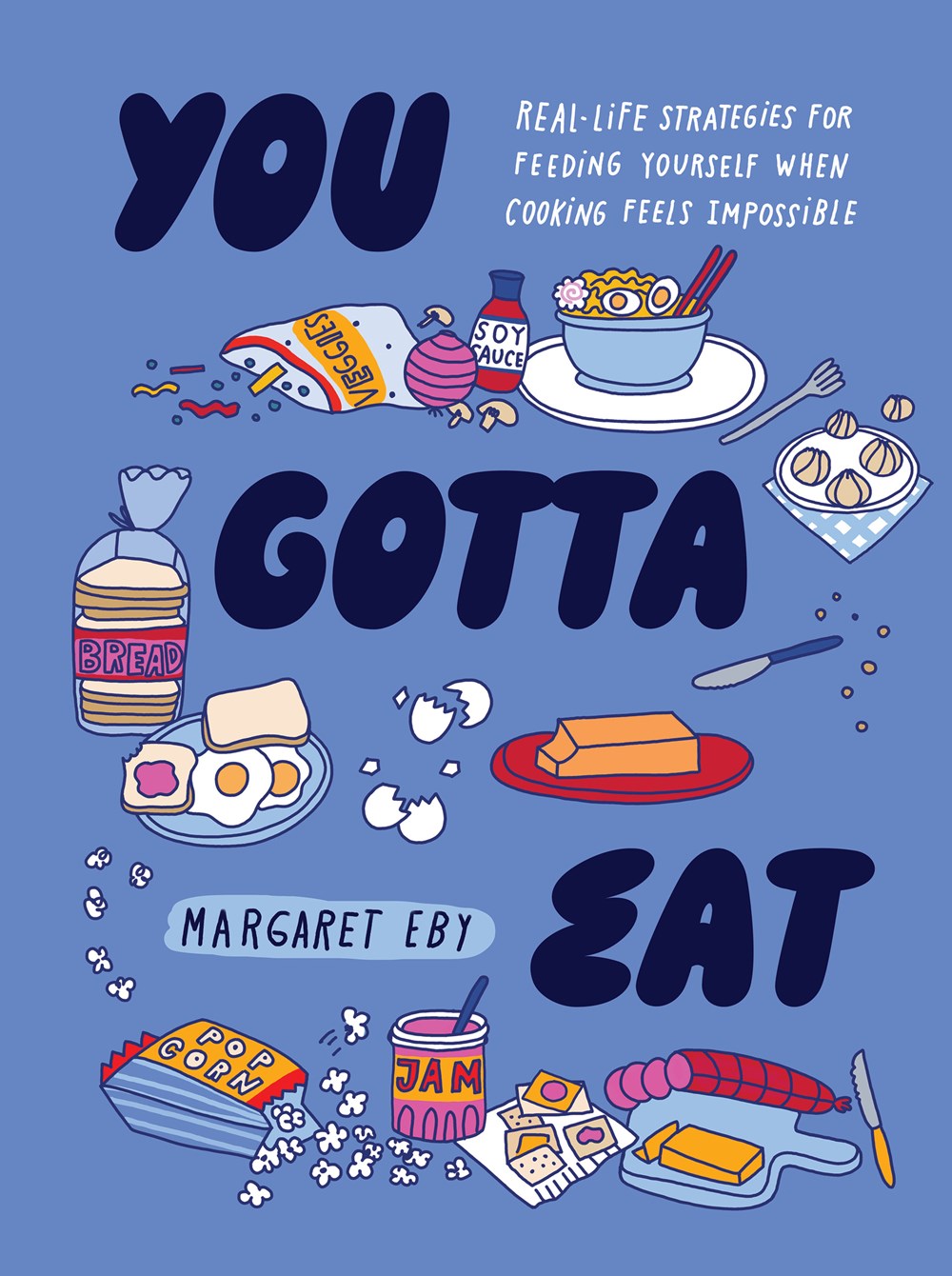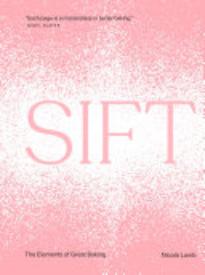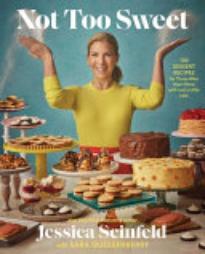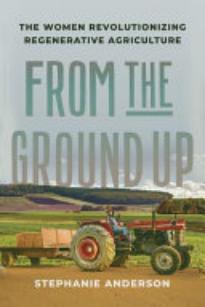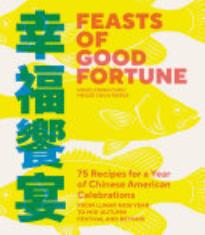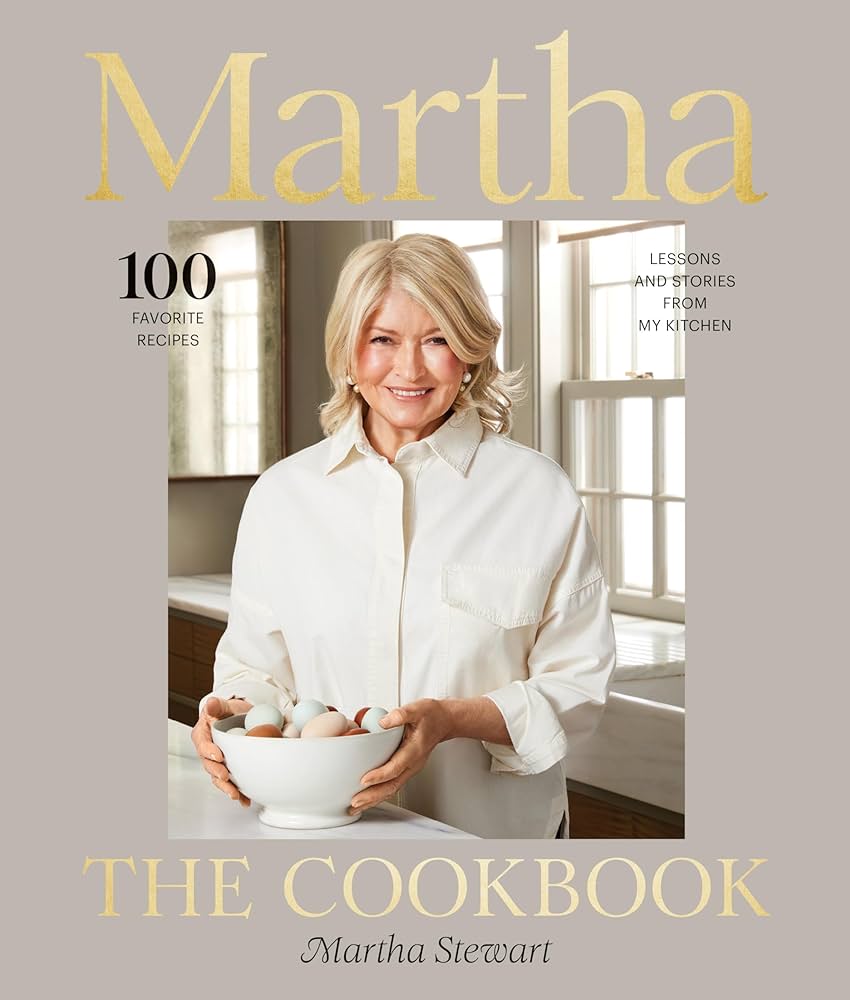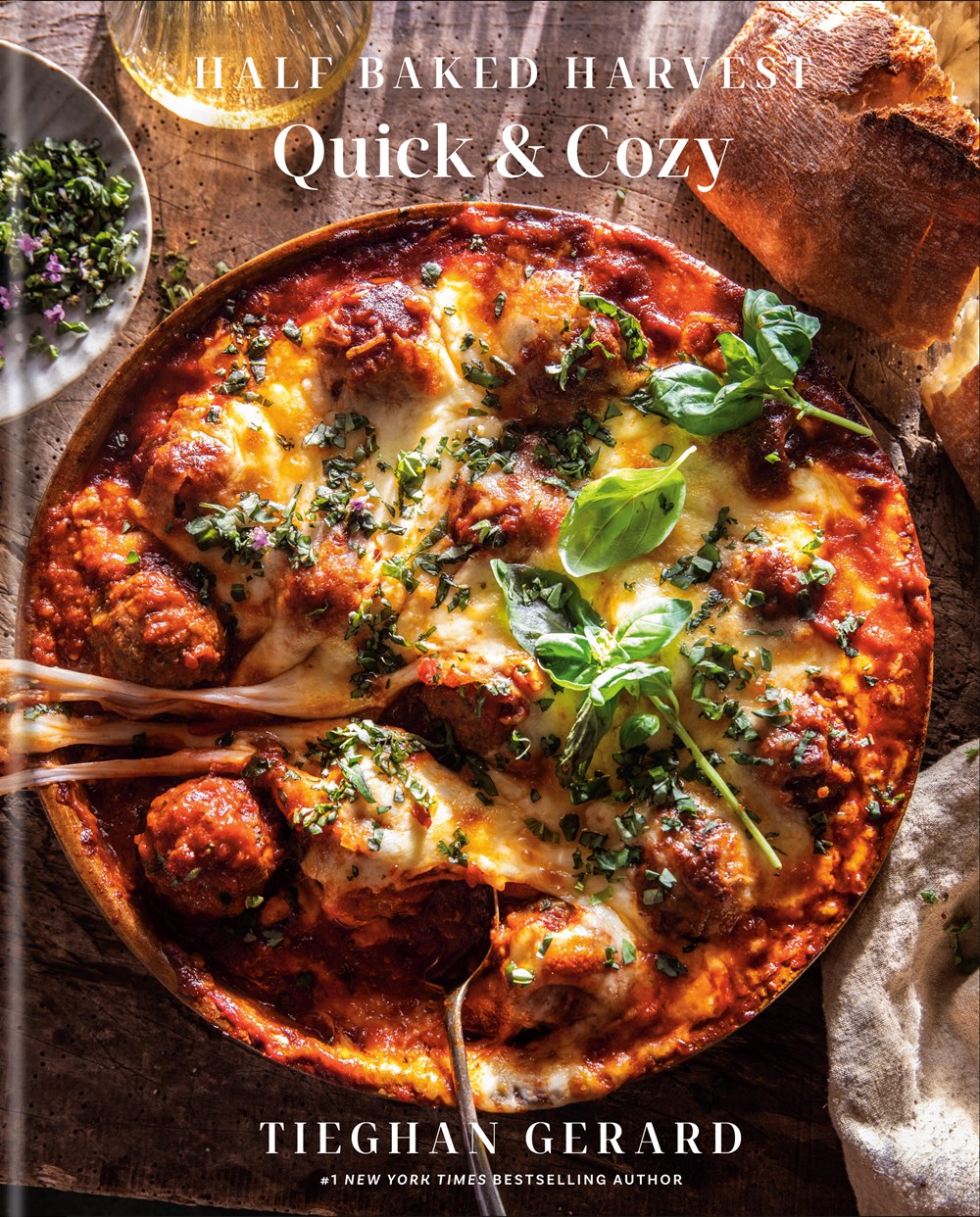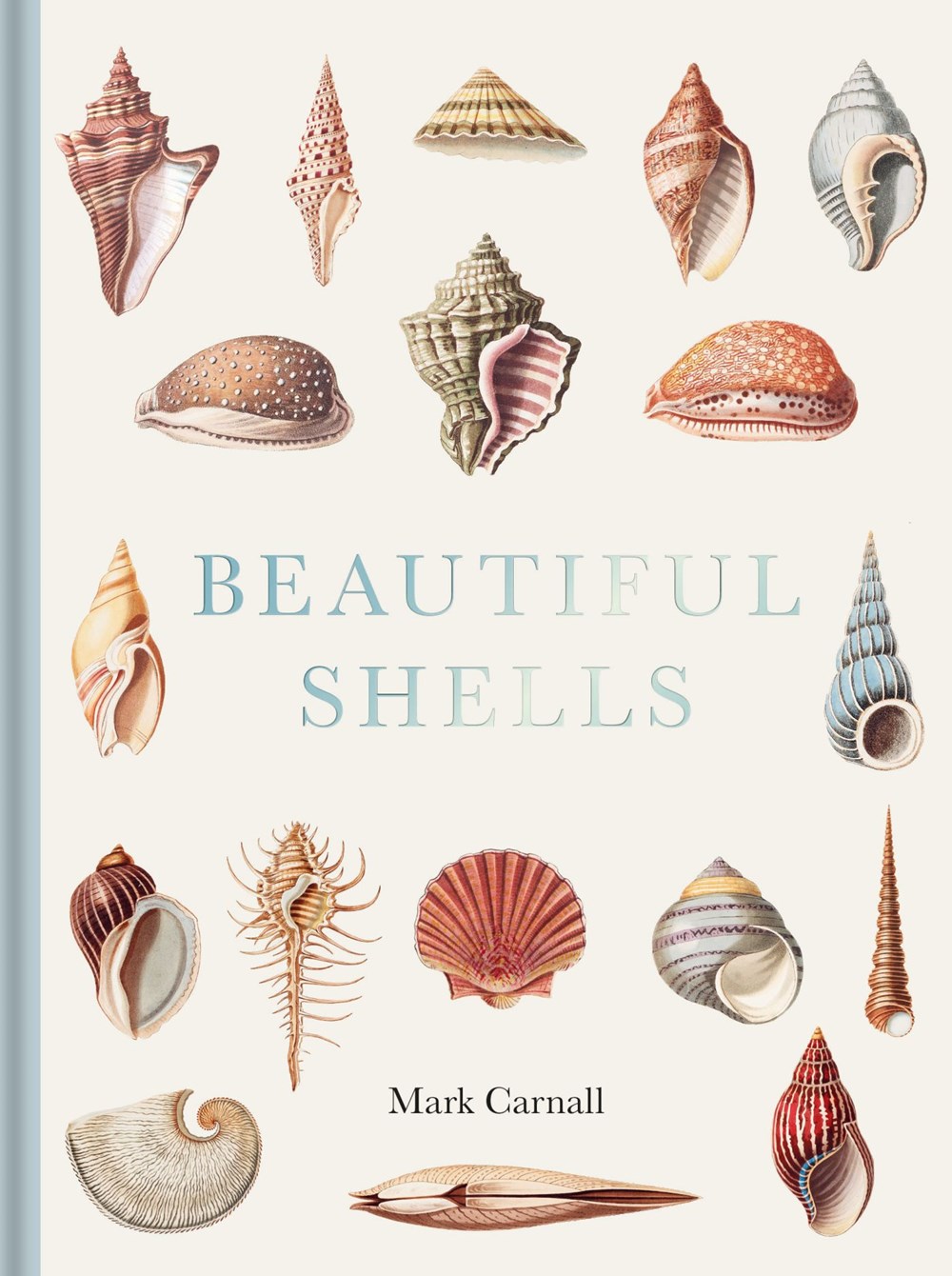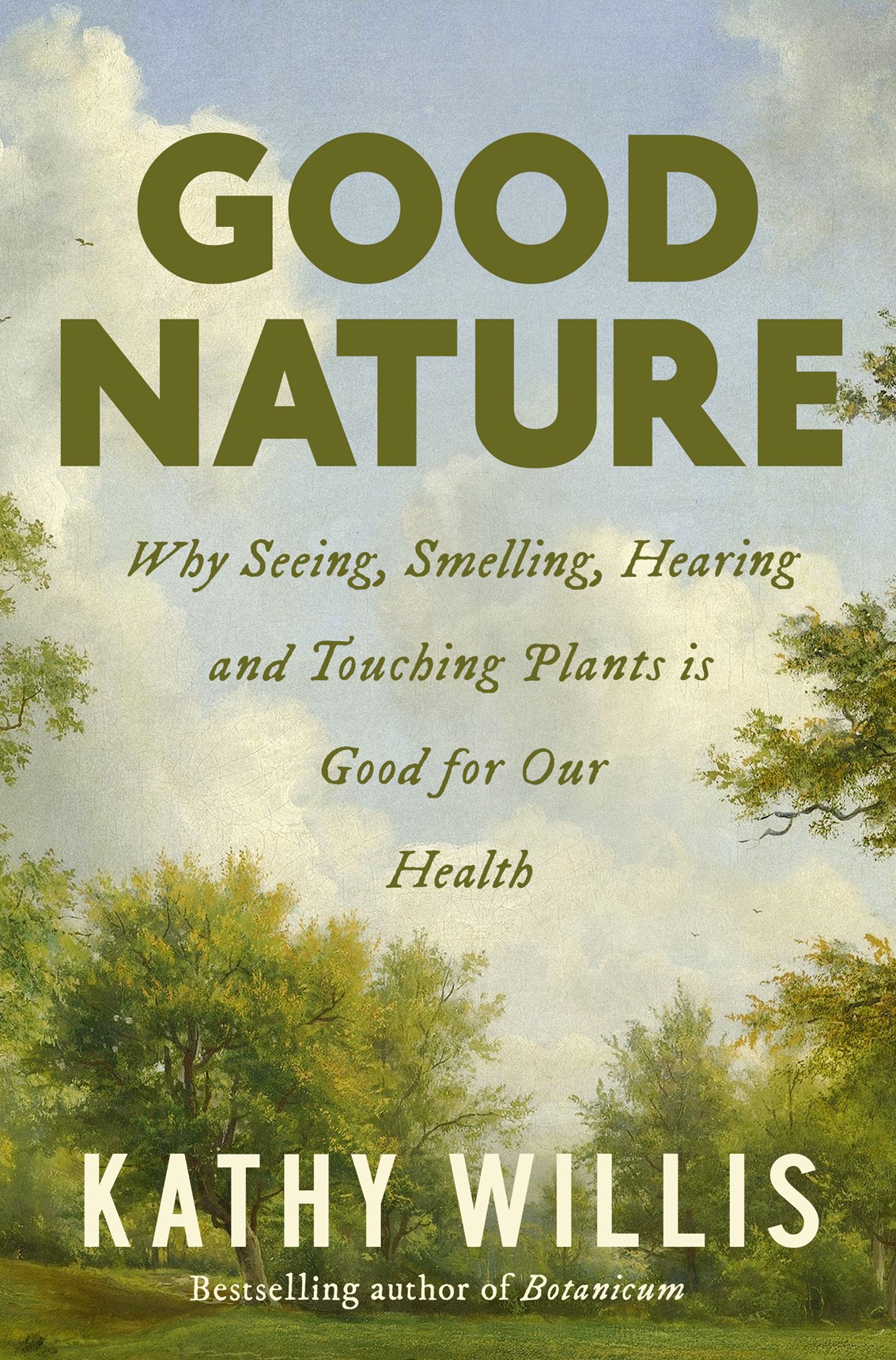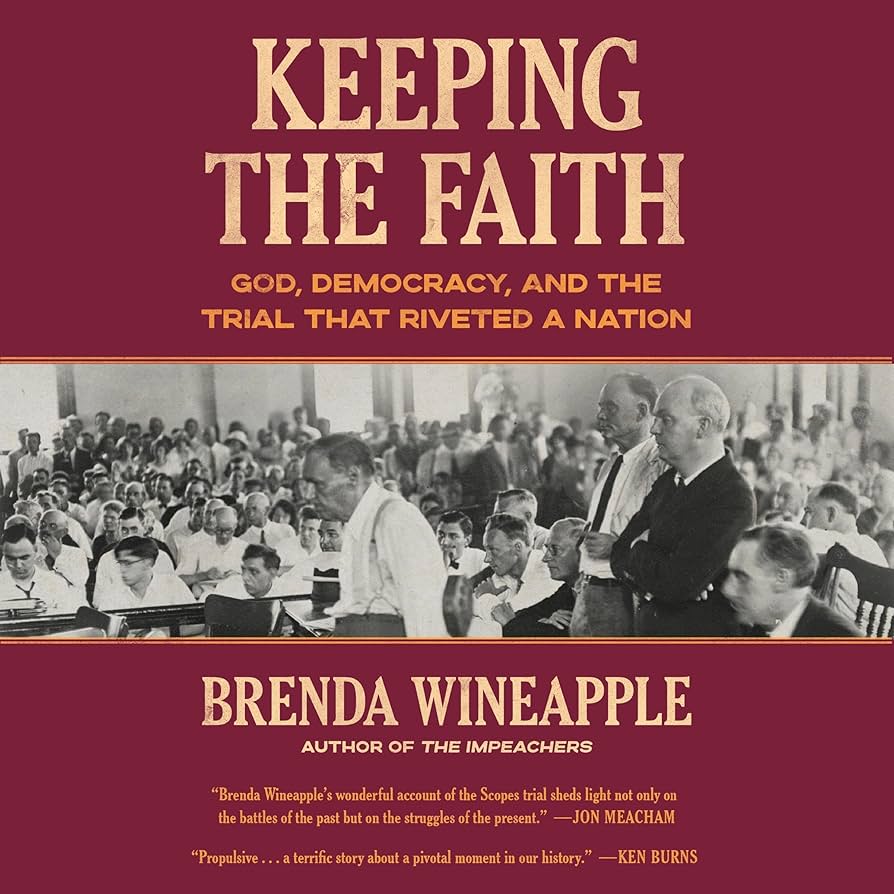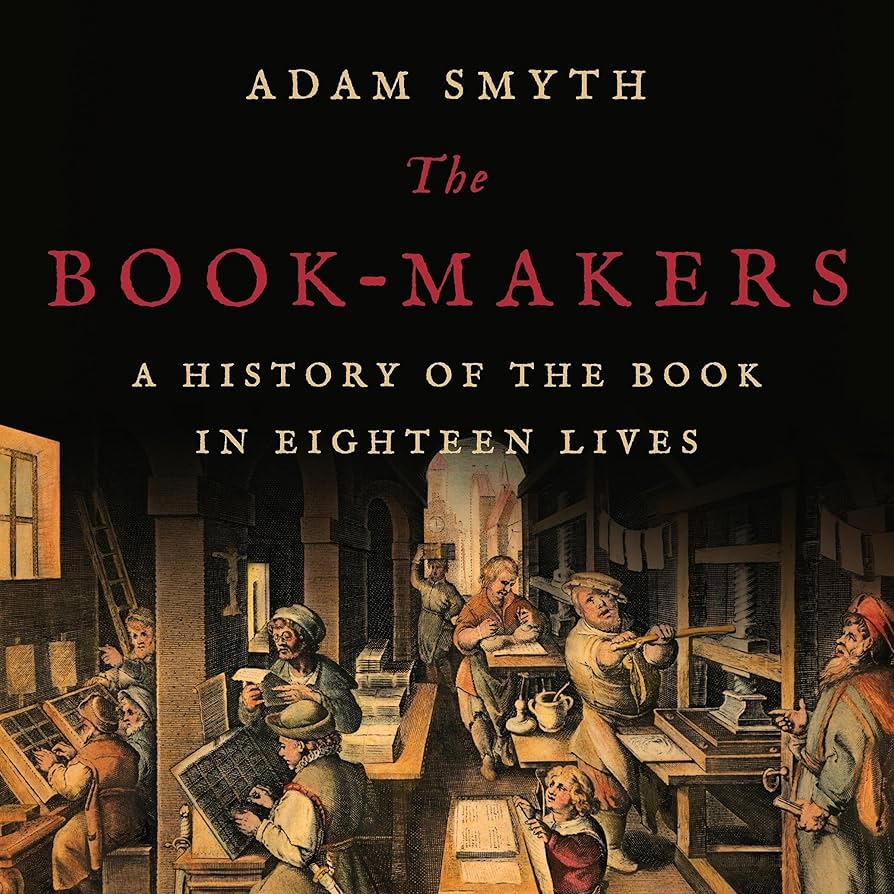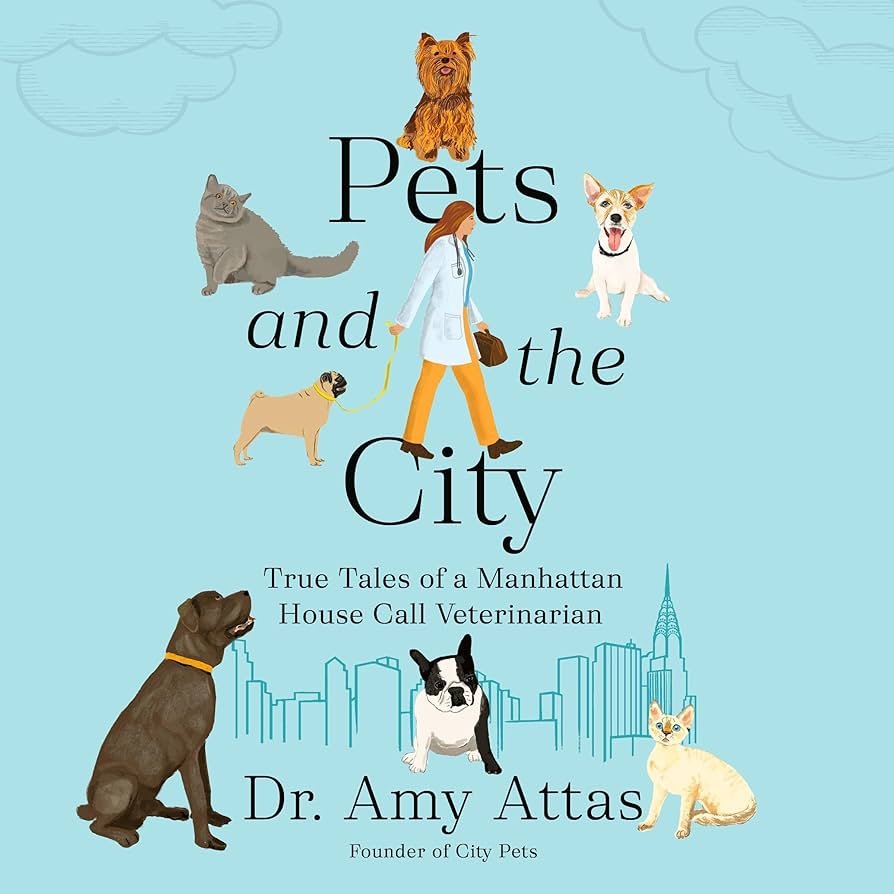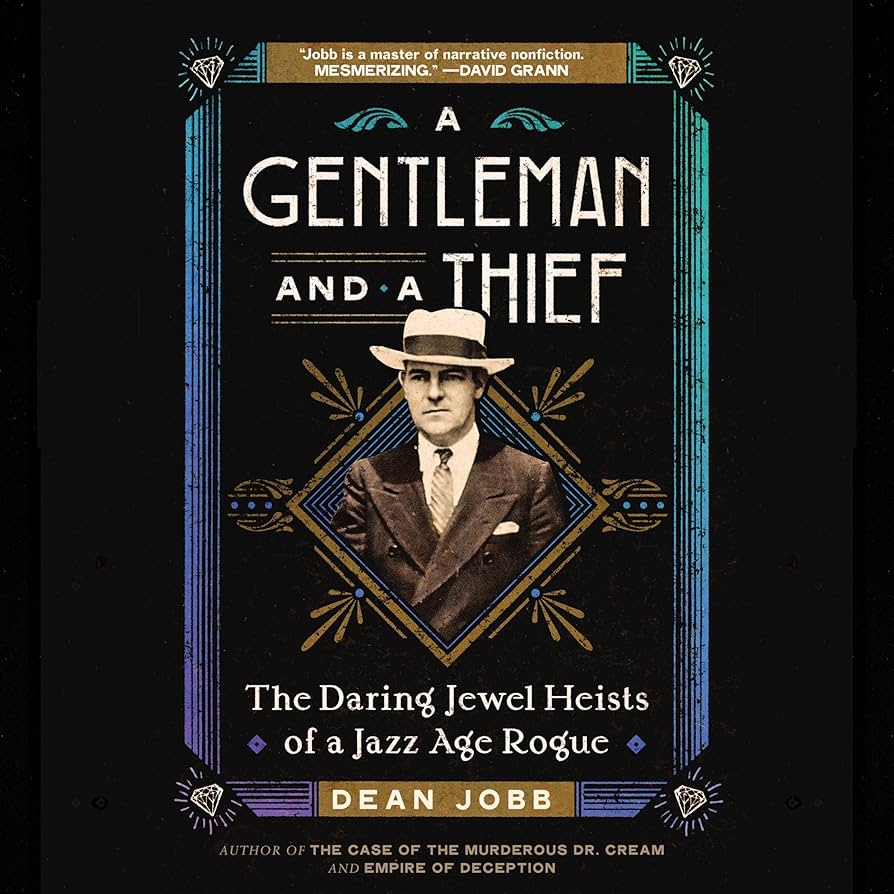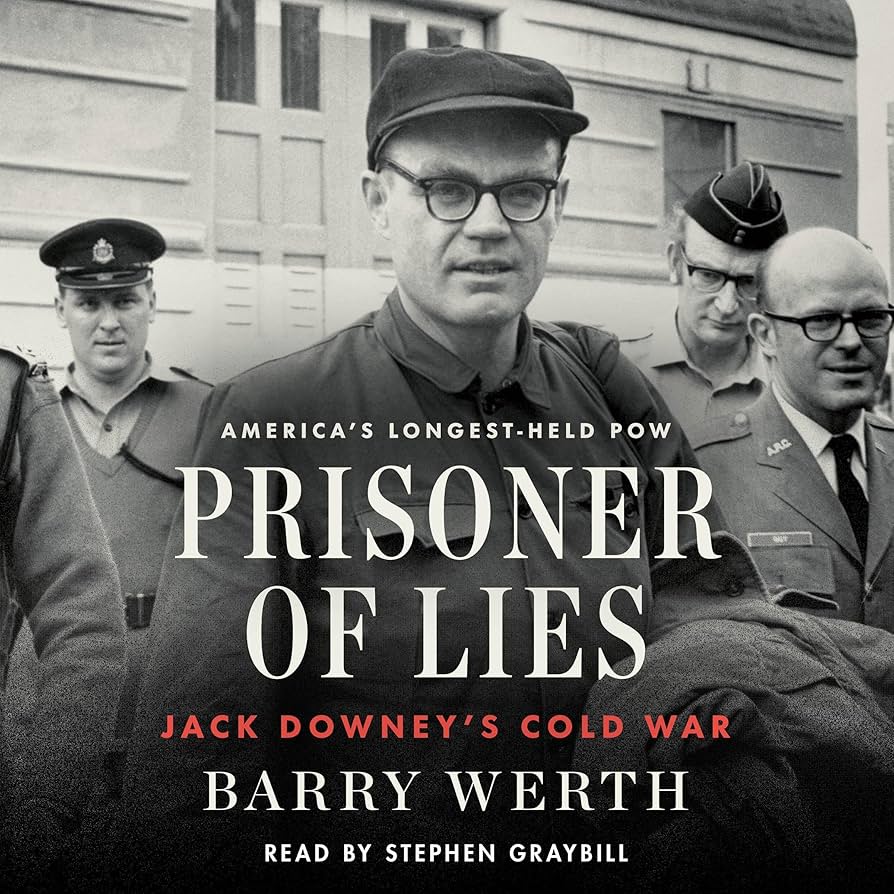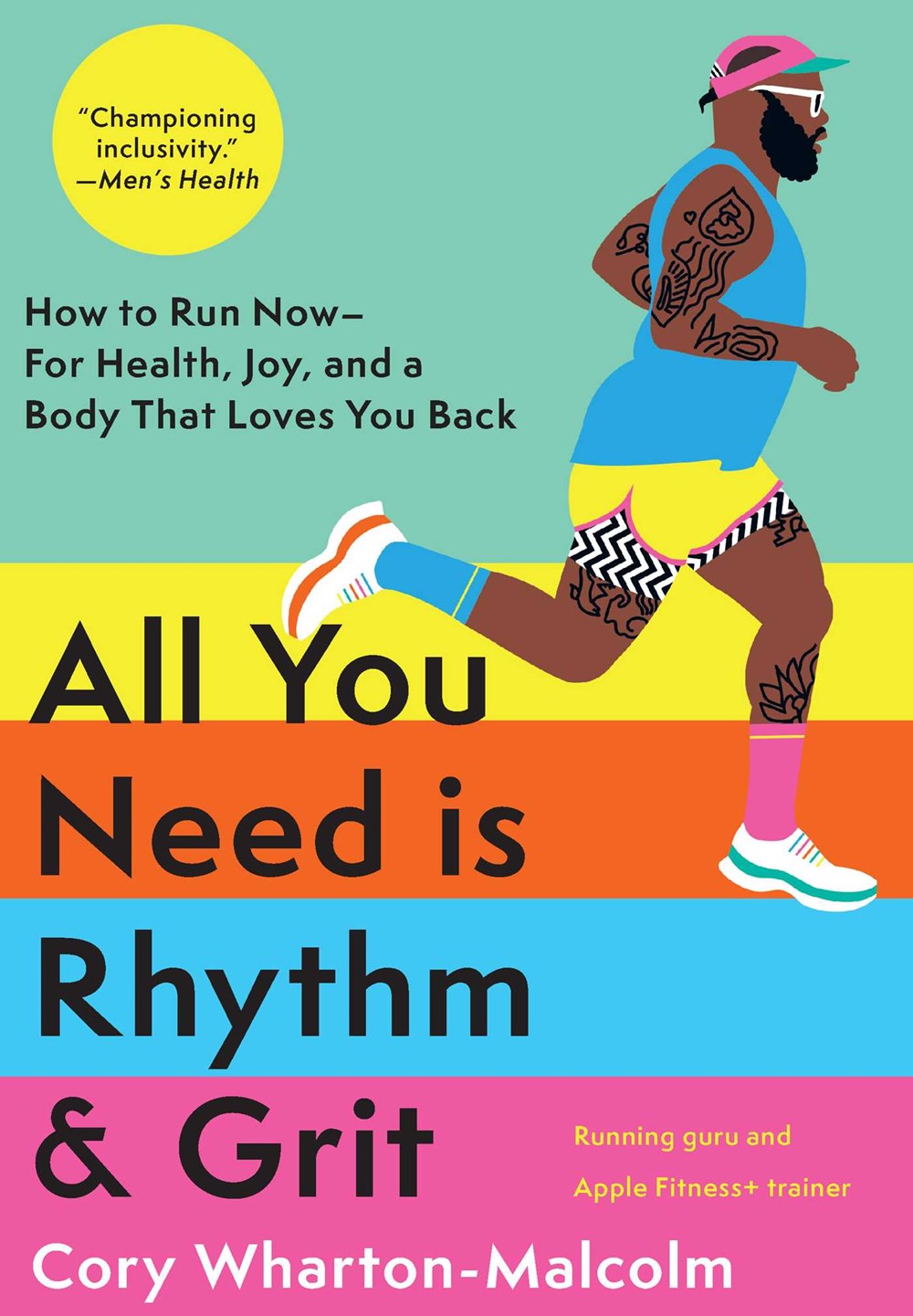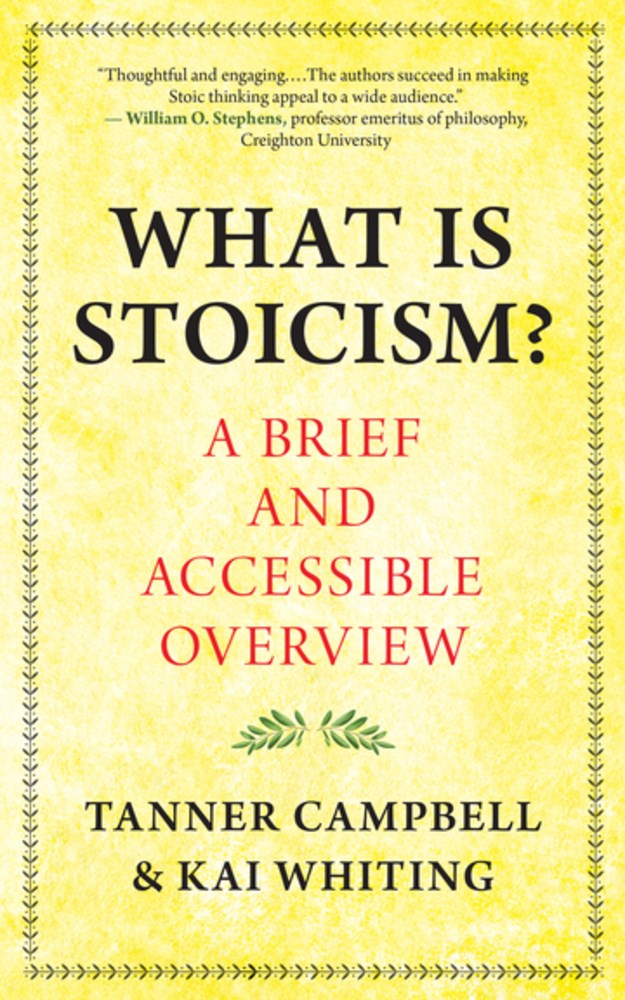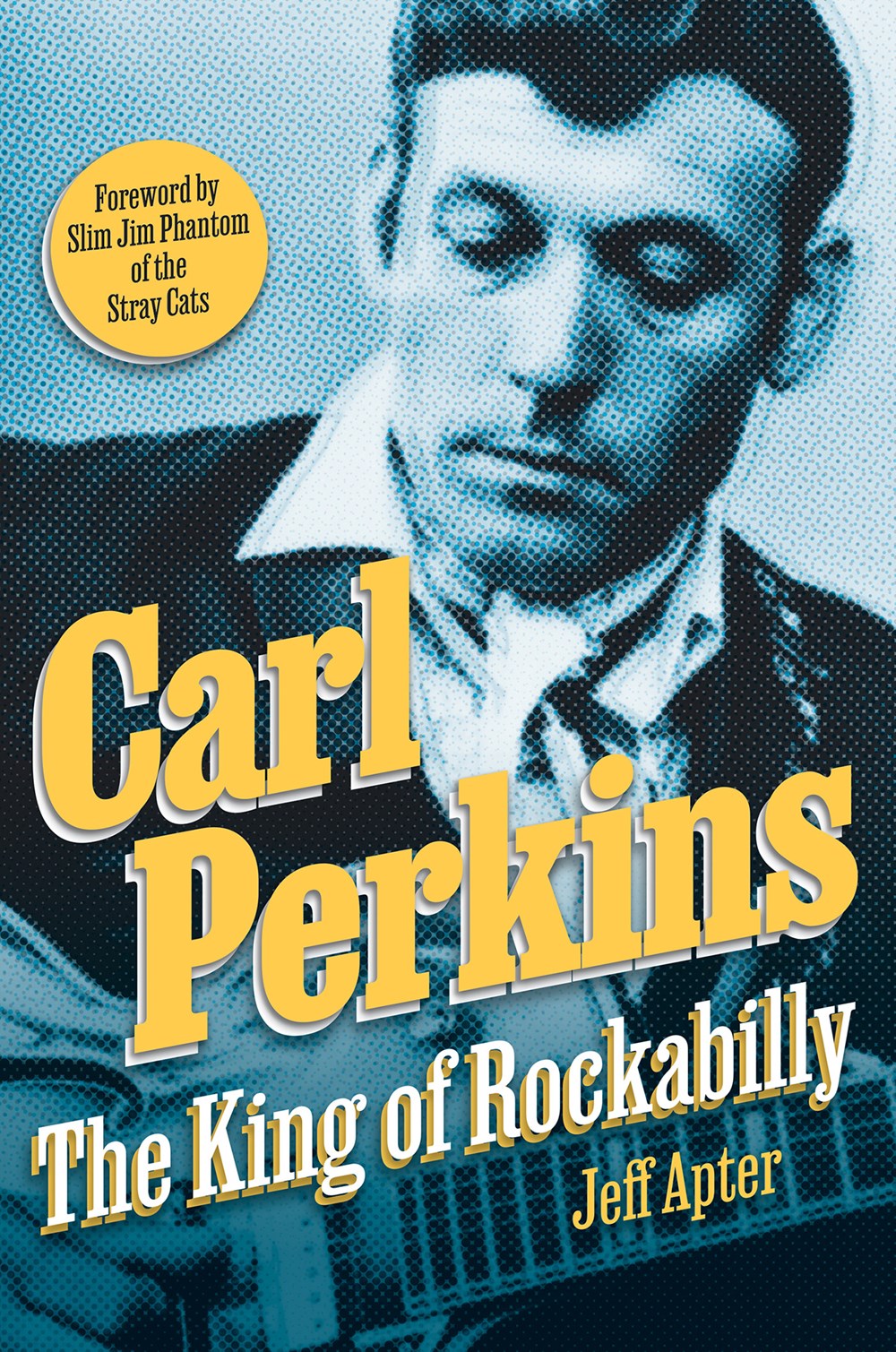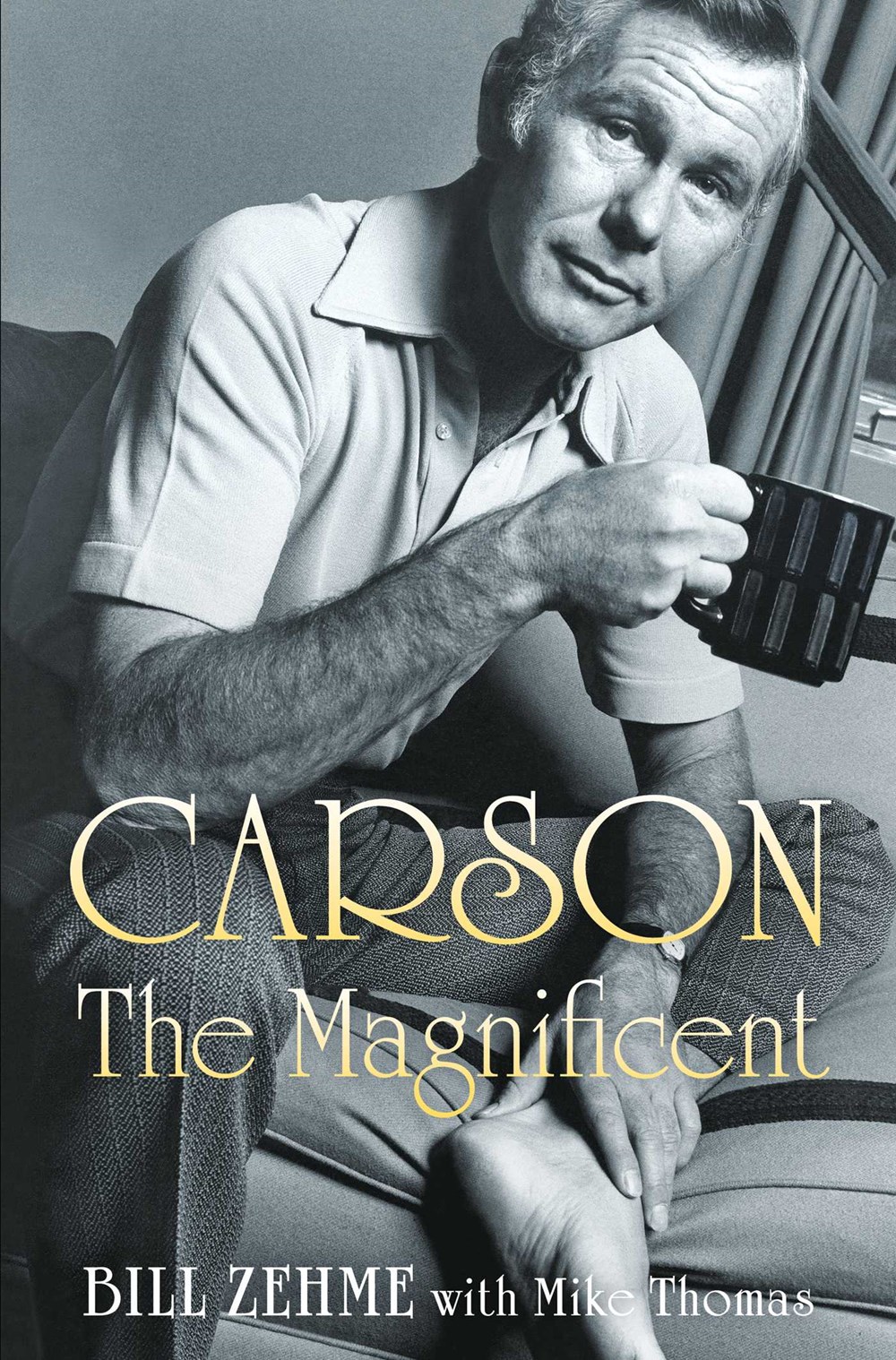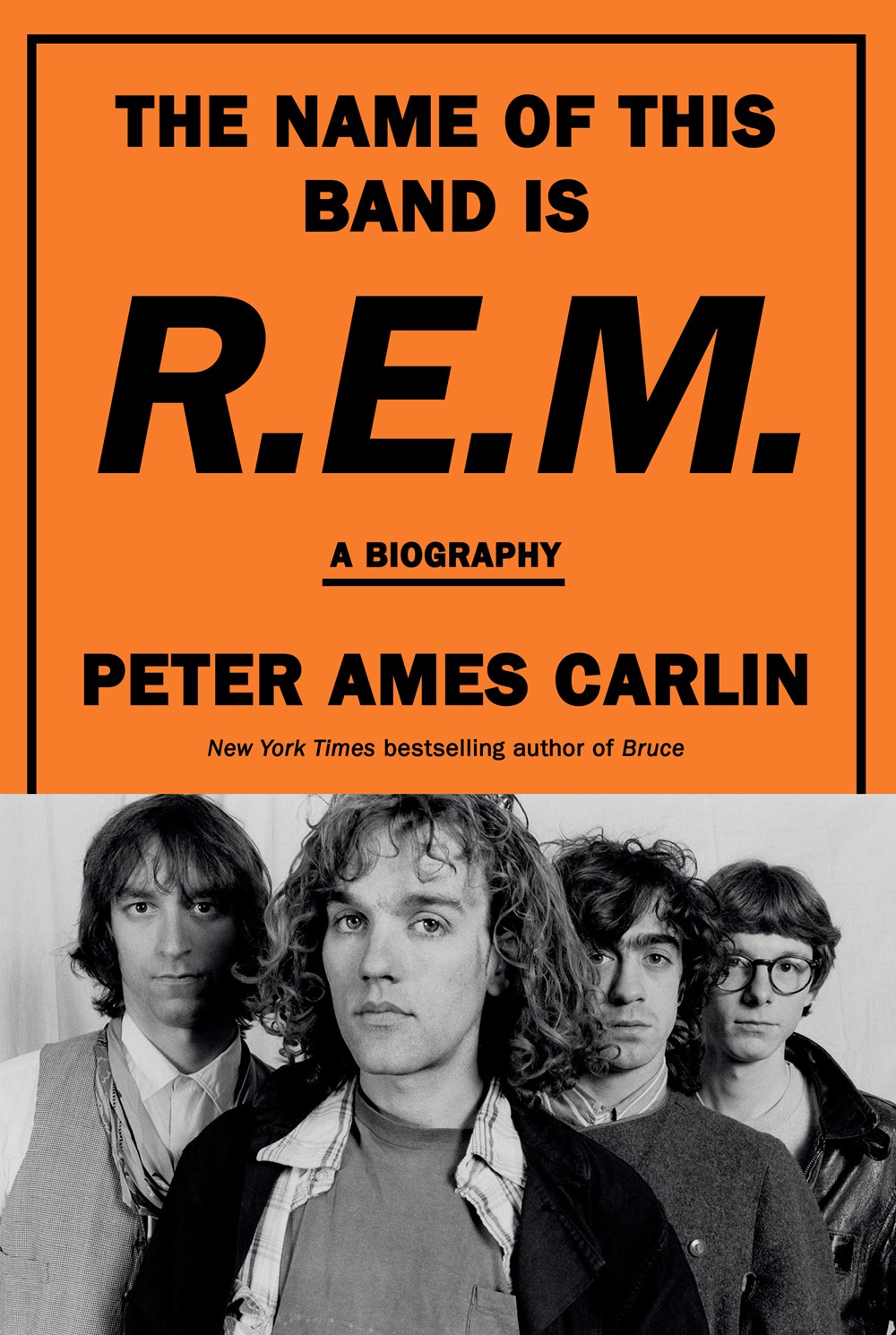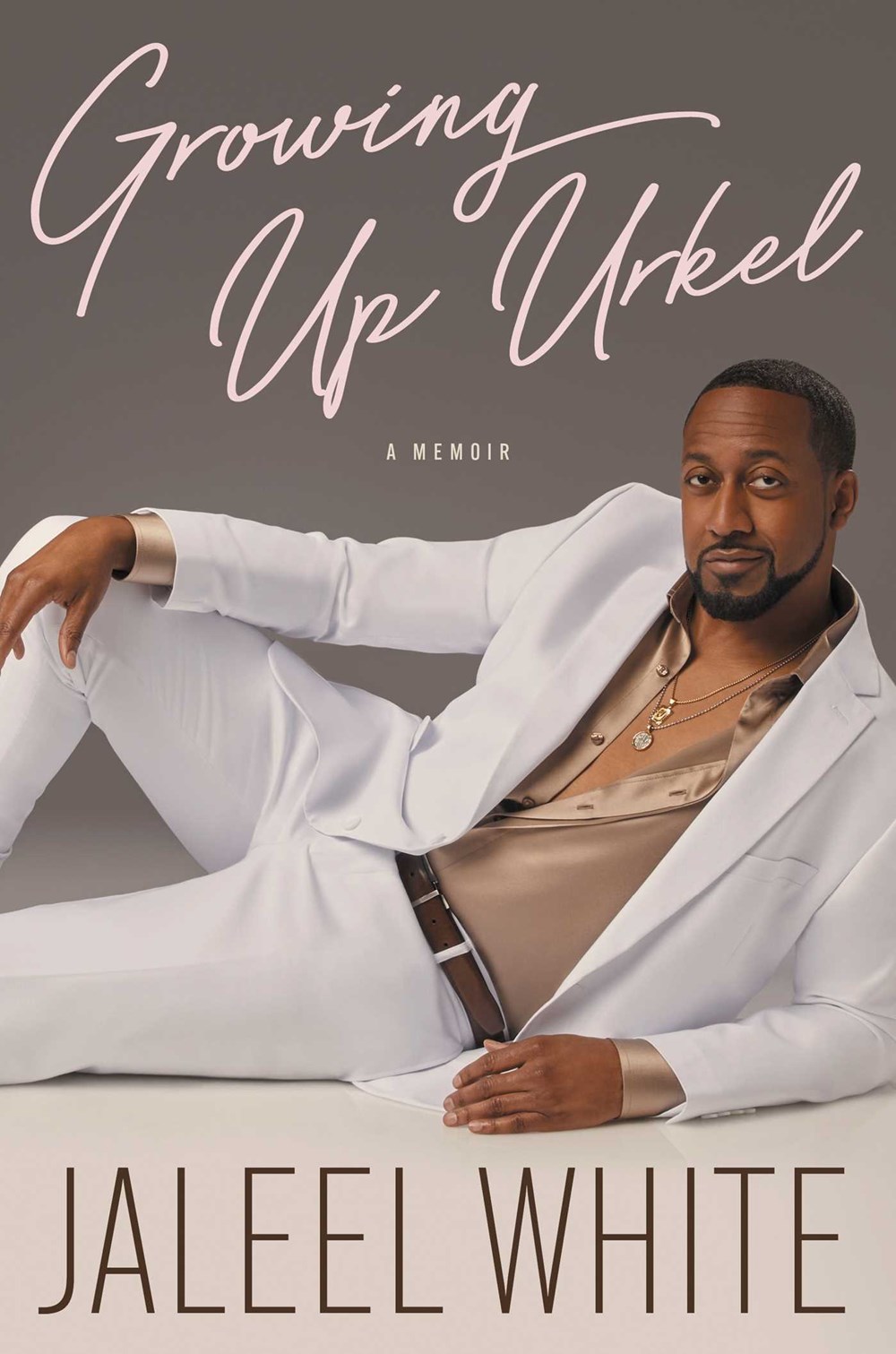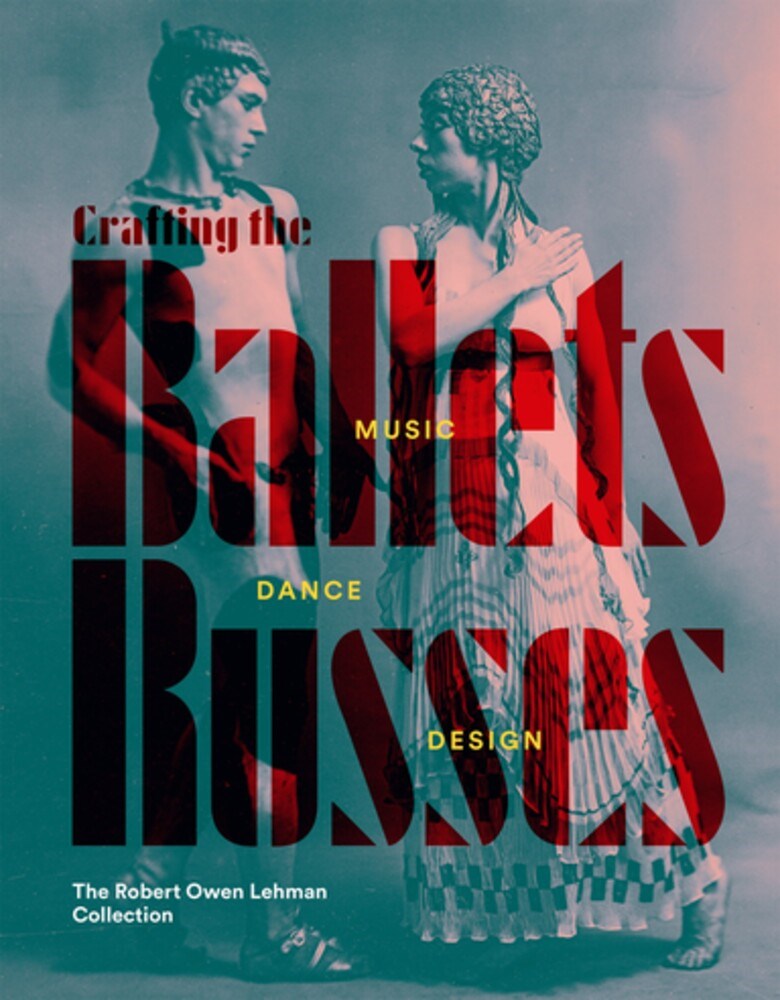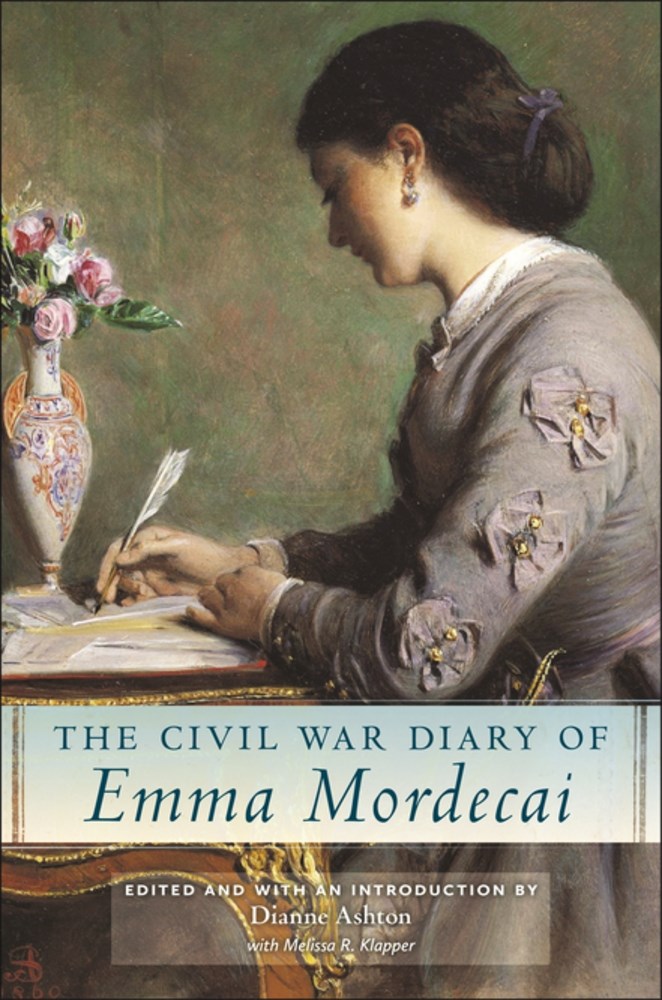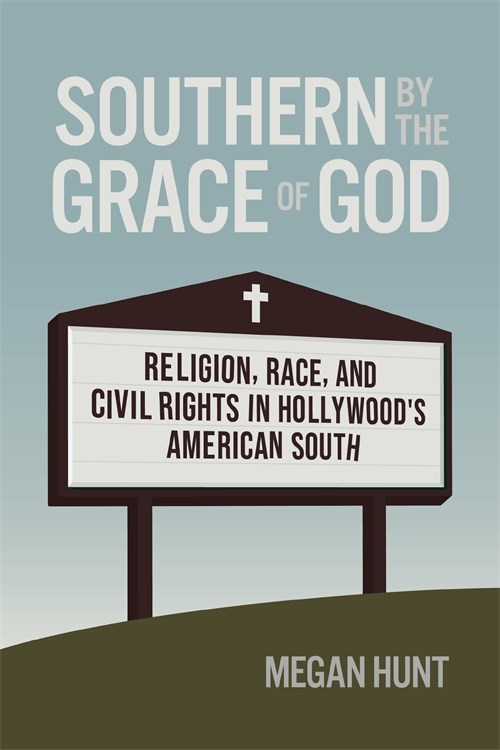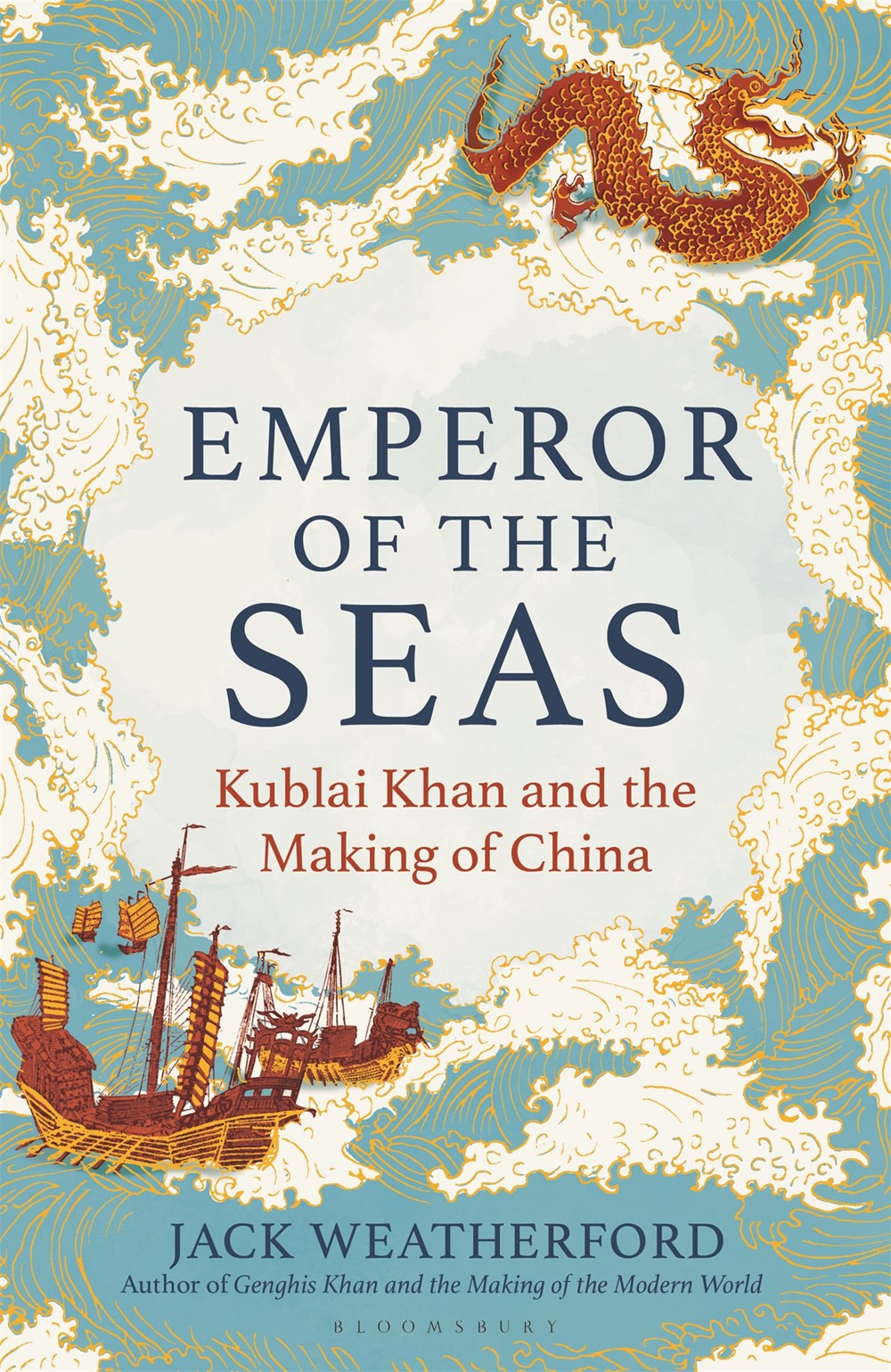Related
Narrative journalism at its best. This book will resonate with basketball enthusiasts and those interested in the intense stakes of college athletic recruitment.
A poignant companion work to an important and significant exhibition and an essential contextual experience for librarians, students, artists, museum educators, historians, and the general public.
Ron Chernow writes an epic biography about Mark Twain, Tourmaline offers a biography of activist Marsha P. Johnson, and Michelle Young reveals French Resistance hero Rose Valland's life as a spy.
American women pilots who flew during World War II, the Battle of Midway, the Underground Railroad’s maritime origins, and the lead up to Abraham Lincoln’s decision to go to war are explored in this month's titles.
PREMIUM
A Guide to Medical Cannabis: Your Roadmap to Understanding and Using Cannabis and CBD for Health
This brief volume containing up-to-date, objective information about medical cannabis is an excellent addition to collections.
While encyclopedic in structure, this is a readable work that adds to readers’ knowledge of viticulture and the processes that make wine what it is. The book has an excellent, well-cited index and an extensive bibliography too. Aspiring or current wine connoisseurs will want this on their shelves.
Readers who enjoy educating themselves through intelligent, in-depth reporting on science and nature topics will relish this collection.
This title expertly shows that breaking bread together can be a joyful experience without the roast. It is a well-written addition to the literature of food ethics.
Smith’s passion for coral reefs, their inhabitants, and their protection shines through in this gorgeous, fascinating, informative, immersive book. Divers (and readers who would rather appreciate remote underwater habitats from the comfort of home) will cherish this book.
PREMIUM
A Bit Much: Poems
This poetry collection about self-discovery offers readers a sense of camaraderie in its down-to-earth humor and keen emotional insights. This lyrical blend will resonate deeply with readers. It’s a collection that’s both memorable and refreshingly real.
The narrative appeals to sports enthusiasts and readers interested in personal growth stories, a distinctive perspective of a football star’s life, a heartfelt exploration of father-son relationships, and the human side of sports heroes. It makes an excellent companion to more traditional biographies.
PREMIUM
TRANZ: Poems
This collection is a movingly honest exploration of what it means to be trans in the United States.
PREMIUM
Den of Spies: Reagan, Carter, and the Secret History of the Treason That Stole the White House
A valuable book in which Unger reveals the long lasting repercussions of this October surprise on American and Iranian public life.
A necessary addition to anti-racist bookshelves, this text goes beyond historical analysis and exposes the continuing institutional casualties of postbaccalaureate segregation.
Highly recommended to readers of British history and particularly those interested in the political life of Britain during Victoria’s reign.
A thoughtful examination of old and new, which will appeal to readers interested in feminist memoirs.
This introduction to Chisolm’s writings and speeches is enlightening, highly relevant, and well-crafted.
Haywood eschews footnotes to keep the narrative flowing, but the quality of his research is never in doubt. An expertly written and accessible survey of the pre-Columbian Atlantic world. Fans of David Abulafia, Mark Kurlansky, Barry Cunliffe, or Simon Winchester will relish this notable book.
Recommended for general readers who enjoy swift-paced historical biographies. Those seeking the heroic and the romantic will find much to enjoy.
This insightful book is filled with hard-hitting arguments. Beiser successfully makes the case that society can’t mine and recycle its way to sustainability; instead, humans must consume less.
A unique, scholarly take on fast capitalism. González challenges readers to take vigorous social actions against the religion of consumerism that’s embodied by companies such as Disney, Amazon, and Starbucks.
Readers looking for a comprehensive or easy-reading book on Prince’s career will be better served elsewhere. However, those wanting to take a scholarly deep dive into Prince’s work and its impact on cultural, political, and social subjects will discover unique insights that have not yet been covered in other academic literature.
This critique of online dating platforms serves as a powerful wake-up call about how far society needs to go to disrupt racist narratives, stop microaggressions, and change how racist and sexist double standards are operationalized.
Cuadros offers a sympathetic, nuanced portrayal of the Cinta Larga people and their modern history; recommended for all libraries.
The pictures and illustrations add to this book’s allure and ultimately make this a one-of-a-kind treasure. It’s a recommended work that’s easy to read and sure to attract general readers drawn to water and the outdoors, as well as researchers and environmentalists.
A well-written introduction to noir films and how the genre has continued to thrive as times changed.
Pop confectionery with surprising depth, much like its subject. For Swift fans and those who love them.
While Elvis generally credited gospel, R&B, and a few artists by name, he was fundamental in fusing aspects of American culture from disparate racial traditions when segregation was beginning to lift. His appropriation, explored here, remains polarizing.
This title would be a great fit for readers who care about nature and conservation, those who enjoy the magic of language and love the power of words, and everyone in between.
These reminders of popular culture melodies covering nearly 100 years will foster wistful reflection.
There is much for general readers to absorb in this long walk through an art form that has been evolving for 500 years.
A generous reading of the works of a master composer and lyricist who reinvented the American musical.
Matheson is honest and self-effacing when discussing his personal life, and he provides valuable advice for those trying to get into the business. Yes, he does discuss John Belushi.
Beautifully designed and clearly written, this book is for readers who want to gain new insights into the language of clothing.
With beautiful color plates, readable text, and a chronology of the artist’s life, this vis an excellent introduction to a remarkable and trailblazing but little-discussed woman painter.
A veritable feast for the eye that elucidates the comingling of contemporary and historical cultural influences in Sosa’s work. Especially recommended for libraries in border states.
Parent Yourself First: Raise Confident, Compassionate Kids by Becoming the Parent You Wish You’d Had
This handy book is filled with many practical suggestions and psychological insights for parents to work through their own emotional hardships in order to best help their child through life’s challenges. It’s a critical tool and introspective for parents who want to to heal and grow from past experiences.
PREMIUM
Mother / Founder: 68 Women on the Trials and Triumphs of Starting a Business and Raising a Family
Readers will find these stories from women of various backgrounds, in all sorts of enterprises, to be relatable. The book’s design is also attractive and great for perusing.
PREMIUM
The Postpartum Nutrition Cookbook: Nourishing Foods for New Moms in the First 40 Days and Beyond
This comprehensive resource thoroughly provides nutrient-packed meal ideas for new and expectant parents.
A must-have resource for expecting or new working moms. This title is heavy on information about nearly every possible scenario faced by mothers transitioning in and out of the workplace after a pregnancy.
Reddy provides a fascinating glimpse at the evolution of parenting advice with a fresh lens that focuses on the wives of prominent historical figures who were considered parenting experts in their heyday.
O’Brien presents various perspectives, including ideas for humanizing the workplace for generations to come, in an easy-to-digest and applicable guide that can be read straight through or used as a ready reference.
PREMIUM
Eat Sleep Tantrum Repeat: How To Parent Like a Pediatrician and Keep Your Toddler Happy and Healthy
Parents of toddlers will feel comforted by this medical perspective on the myriad of decisions they face daily.
This book is an essential resource that fills a gap in offerings for parents in recovery. It shows readers the necessity for self-compassion while guarding for vulnerabilities.
Filled with enjoyable suggestions such as creating bug habitats, geocaching, and making snow art, this book is an essential tool for parents aiming to spend more time outside, whether hours a day or just a few minutes each week.
For fans of the popular Slumberkins line, this comprehensive resource includes a case study guide that applies to a variety of age levels and scenarios.
Readers of all styles of parenting book and gaming fans will find solid advice and humor in abundance in this wonderfully unique resource.
Best for serious Russian scholars. Readers new to the topic may also want to seek out Robert K. Massie’s four-book series about the Romanovs.
Nuanced, yet filled with accessible arguments backed by considerable research, data, and personal experience, this highly recommended and insightful title is well worth readers’ time. It calls for democracies to make the choices that will yield positive results for its citizens.
Readers committed to gaining control of their finances in a manner that brings more joy into their family life will find Sethi’s advice to be just what they need. Highly recommended.
For readers wanting to know more about how tattoo professionals learn their trade, build their business, and develop as artists. With its discussion of the cultural aspects of tattooing, plus its images, Kiskaddon’s book will also appeal to readers interested in cultural studies.
Mayer adds a valuable and fresh perspective to the subgenre of coming-of-age memoirs and memoirs about Asian American experiences.
He was a children’s television host, but Rogers and his teachings advocating kindness, appreciation, empathy, and inclusiveness will resonate with adults. Fans of Rogers and his supportive messaging will relish this book. It’s a quick read, but the quotes also inspire deeper reflection.
This impressive, must-read title shines a light on and adds critical insight to an important and pressing issue. It is a rebuke, a manifesto, and an evidence-based argument all rolled into one. For business owners and workers alike.
While this guide is fun and relatable, Sharp lays down hard truths and examples to help partners get through the tough times to find the fun.
Strongly recommended for readers who love history. Bradley is scrupulously fair in his judgment of Van Buren.
A useful and timely collection for library advocates. Recommended for library leaders interested in advocacy work and collaboration.
PREMIUM
Winning Grants
Small and medium libraries will especially find this a helpful guide to grant writing. There’s no need to reinvent the wheel when this compilation of exhaustive and easy-to-navigate resources is available. Larger libraries and experienced grant writers will also appreciate this source of readily available and time-saving information when writing proposals.
This is an excellent introductory resource that complements the 2024 Sage Encyclopedia of LGBTQ+ Studies, 2nd Edition, edited by Abbie E. Goldberg.
This compelling reference work is a valuable resource about a potentially dangerous contemporary subject. Give to readers seeking to understand the roots and repercussions of conspiracy thinking.
PREMIUM
The Basketball 100
An entertaining, fact-filled book about the biggest stars throughout NBA history. Sports fans will devour this and refer to it often.
While this edition remains a useful resource, libraries with the sixth edition may opt not to replace it and might consider acquiring Fred Schlipf, Joe Huberty, and John A. Moorman’s encyclopedic Practical Handbook of Library Architecture as a companion.
Much in the manner that Peg Bracken’s I Hate To Cook Book revolutionized cookbooks more than 50 years ago, Eby’s fabulously fun and incredibly informative guide is a treat for cooks wherever they are on the culinary spectrum.
This well-organized, well-researched, encouraging narrative looks at the work of reforestation on both the global and the local scale.
Written in the same culinary vein as Shirley Corriher’s exemplary BakeWise, Lamb’s snappily written debut delivers on both the style and substance of baking with wit and warmth.
A robust and delicious entry into healthier dessert options. A triumph for gluten-free, vegan, and other dietary-restricted cooks. This should be in every library collection.
This vibrantly written, meticulously designed cookbook provides a warm, welcoming introduction to a fine feast of tasty dishes from around the globe.
An important contribution to agriculture literature that is sure to appeal to numerous readers. They will enjoy the uplifting message of this book as well as the stories showcasing the grit and determination of those working in this field.
Rarely does one find a cookbook that combines nostalgia, family, and tradition with thorough culinary instruction. This mother-daughter duo has done just that with their ode to passing on cooking skills and culture through generations with mouthwatering dishes.
This cookbook offers home cooks a complete collection of treasured recipes and a glimpse at a storied culinary journey.
PREMIUM
Half Baked Harvest Quick & Cozy
This collection of recipes is as comforting as a warm blanket and will provide cooks much inspiration for game days, family feasts, and even the occasional rainy weeknight.
Carnall takes Perry’s historical work and reimagines it in such a spellbinding way that the mollusks seem magical, yet the text remains committed to the clear-eyed science surrounding these creatures’ role in evolutionary history, ecology, and more. This book will occupy loving space on any bookshelf or coffee table.
Readers don’t have to know anything about plants or have a green thumb to enjoy this title about nature therapy and the impact it can have on one’s health. City planners and public health policy makers can benefit from reading this book as well.
Even though some listeners may wish for a more proportional account, this expertly narrated audio sheds light on a key trial that continues to be unsettlingly relevant today. Recommended for those who enjoyed Greg Jarrett’s The Trial of the Century.
This energetic, deeply researched history of bookmakers is a delight. Book lovers everywhere will want to check this out.
For lovers of animal stories or those craving a dishy peek inside the lives of NYC’s most affluent residents.
An intriguing portrait of a charming career criminal, perfect for fans of Frank W. Abagnale and Stan Redding’s Catch Me If You Can.
An informative, if somewhat overlong consideration of the Cold War and a spy who was caught in the middle.
This concise, accessible work focuses solely on Stoicism, not other theories or philosophies, but it can easily be read in one sitting. It makes Stoicism understandable, corrects stereotypes, and rescues it from social media banalities.
Other than Perkins’s own 1996 autobiography, little has been published about him, and Apter admirably fills the gap with this detailed and emotionally charged biography.
Filled with tidbits such as the origin of the famous golf swing and humanizing stories of regret over losing his first wife to divorce and his son to a car accident, Zehme expertly fully captures a full portrait of Carson.
Though never pinpointing the reasons for the explosive, major-label success of a rebellious band, which ostensibly distrusted corporate rock, Carlin assembles a solid, much-needed narrative of one of the major alternative rock bands that both complements and updates David Buckley’s 2002 R.E.M. Fiction: An Alternative Biography.
A candid and surprisingly touching memoir from the actor who created one of television’s most memorable characters.
With beautiful images and accessible writing, this is recommended for readers interested in modern ballet of the early 20th century.
While accessible to general readers, the difficult thematic elements of this text will probably make it more suitable for specialized audiences.
A well-written book that can fit in history, social sciences, and performing arts collections and will interest audiences of varied ages.
articles
ALREADY A SUBSCRIBER? LOG IN
We are currently offering this content for free. Sign up now to activate your personal profile, where you can save articles for future viewing
